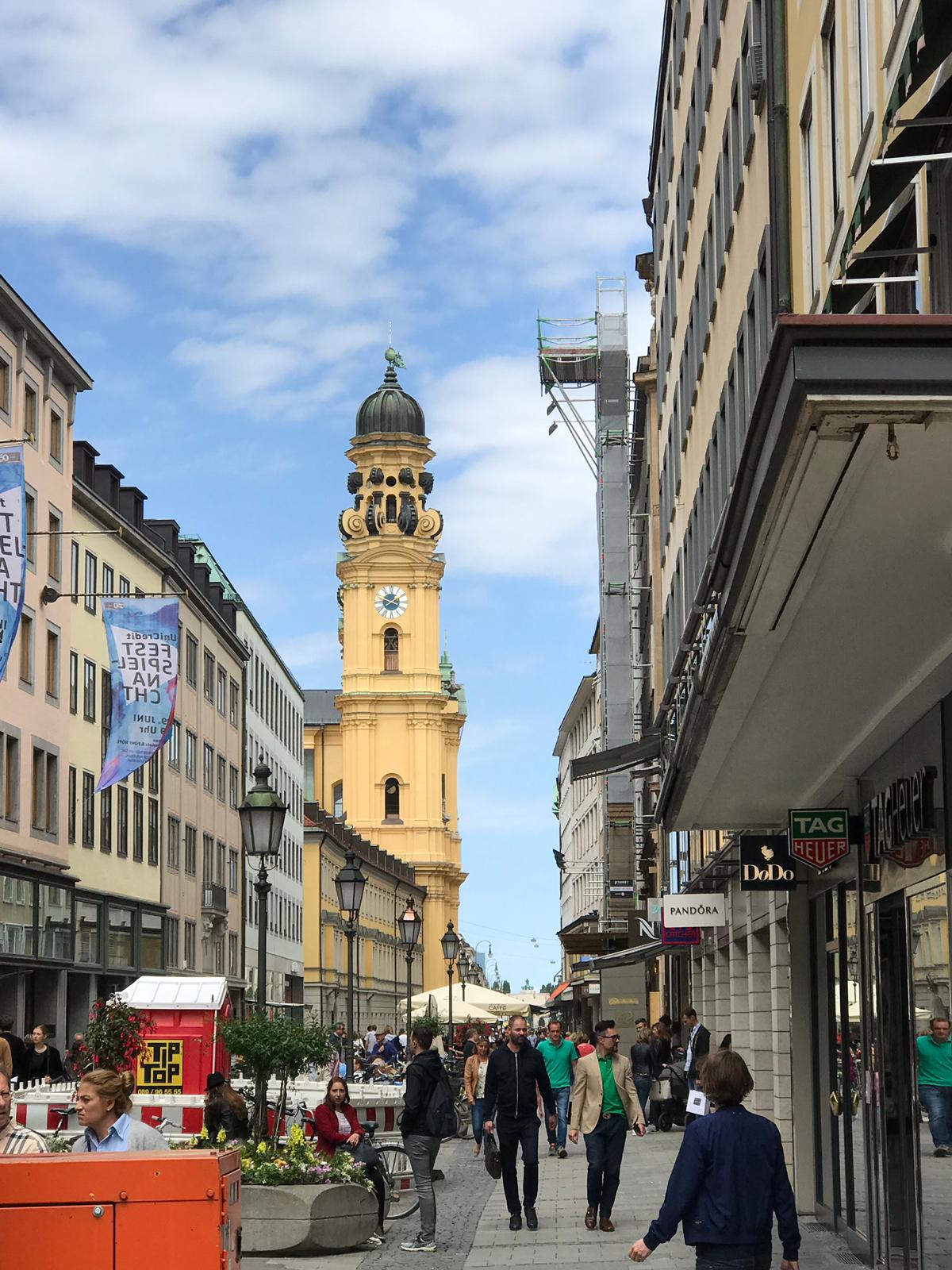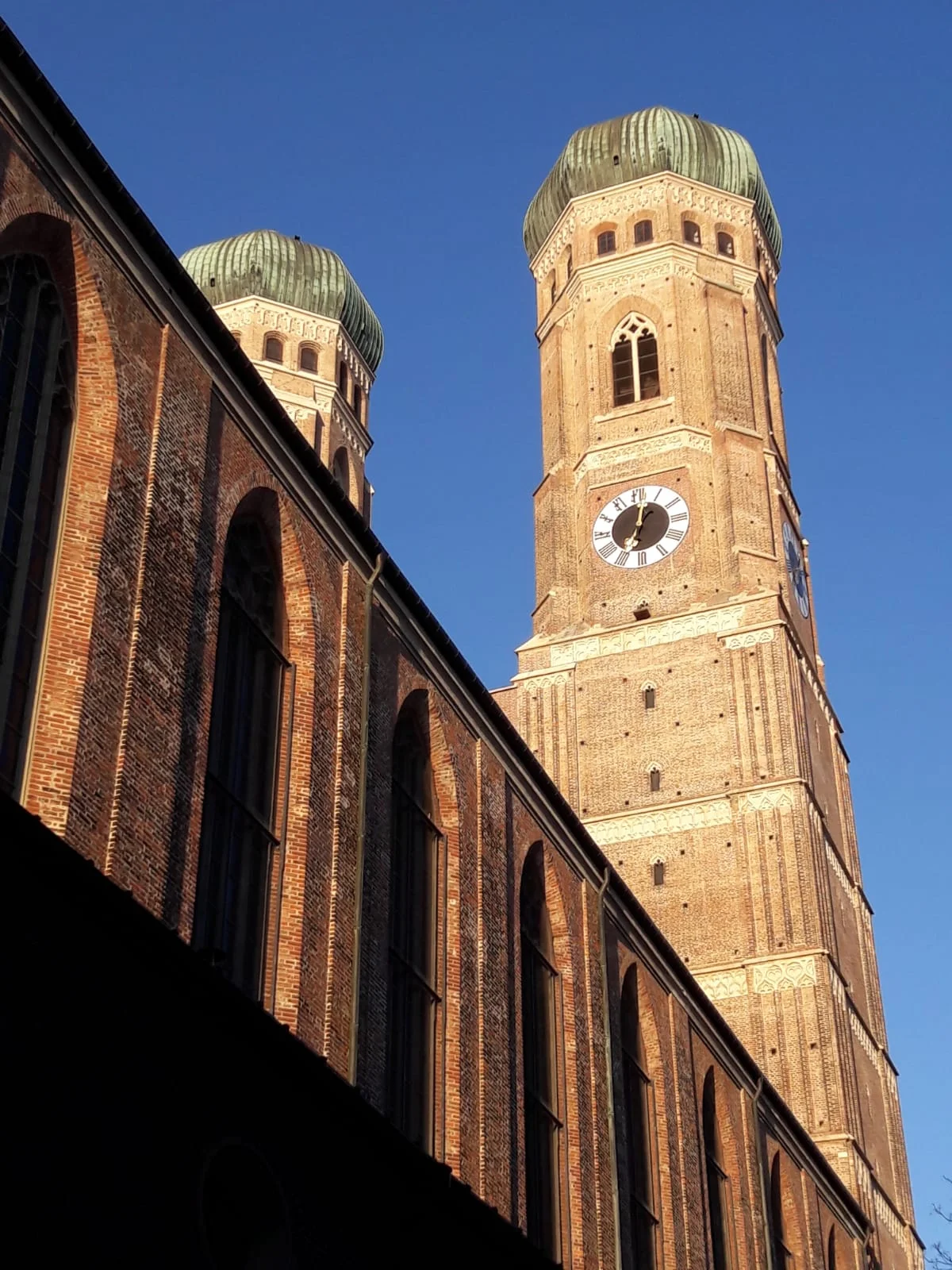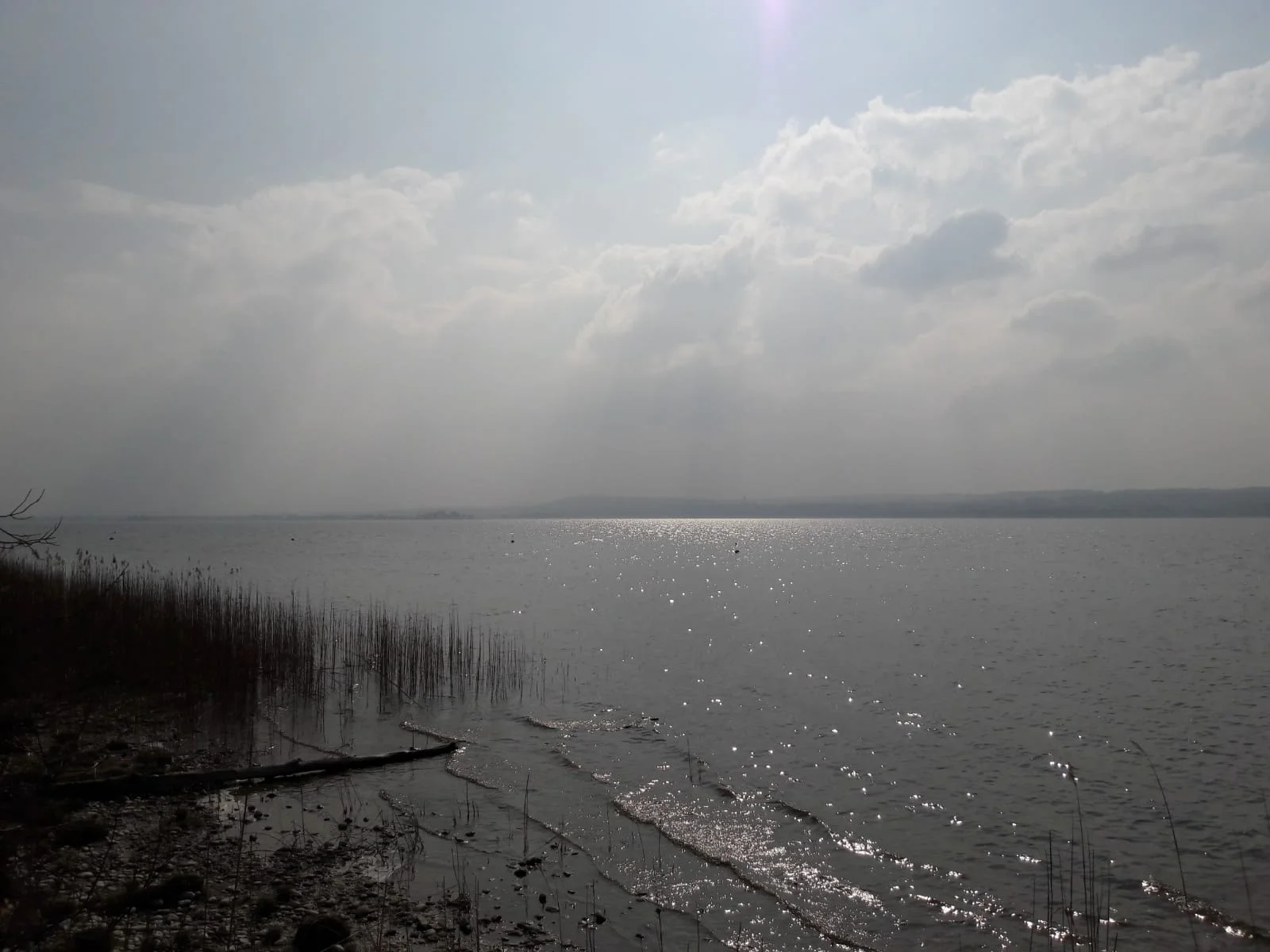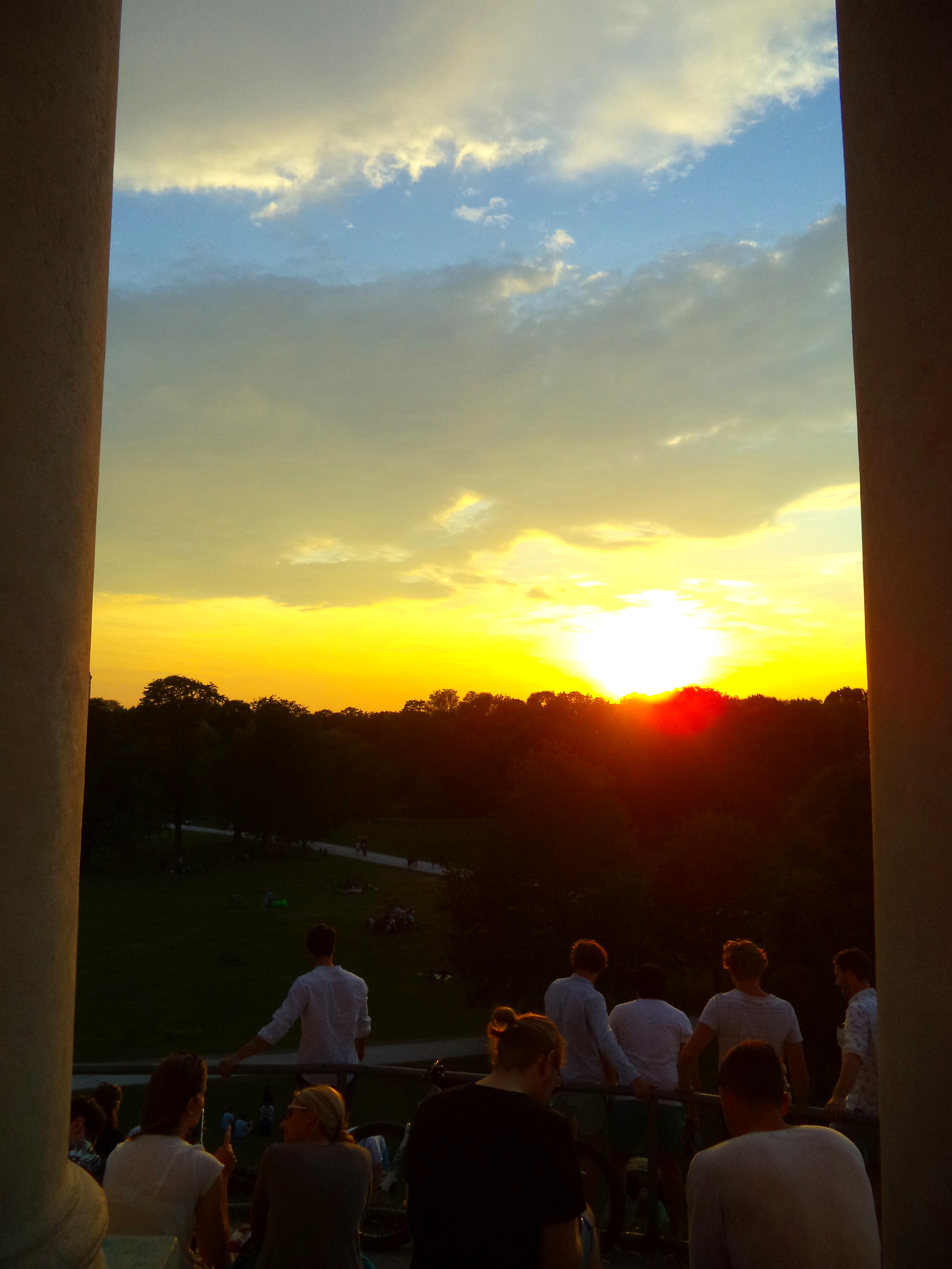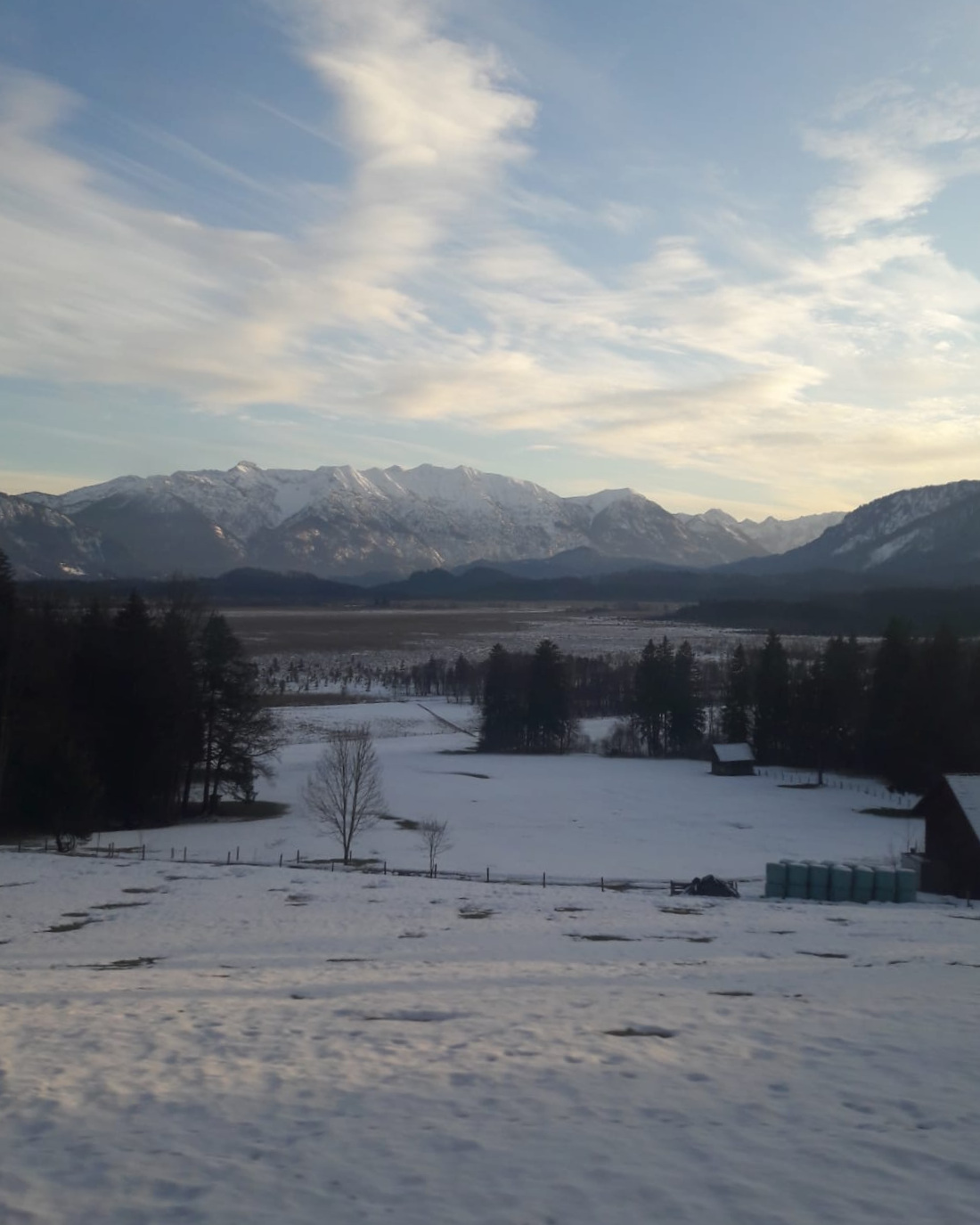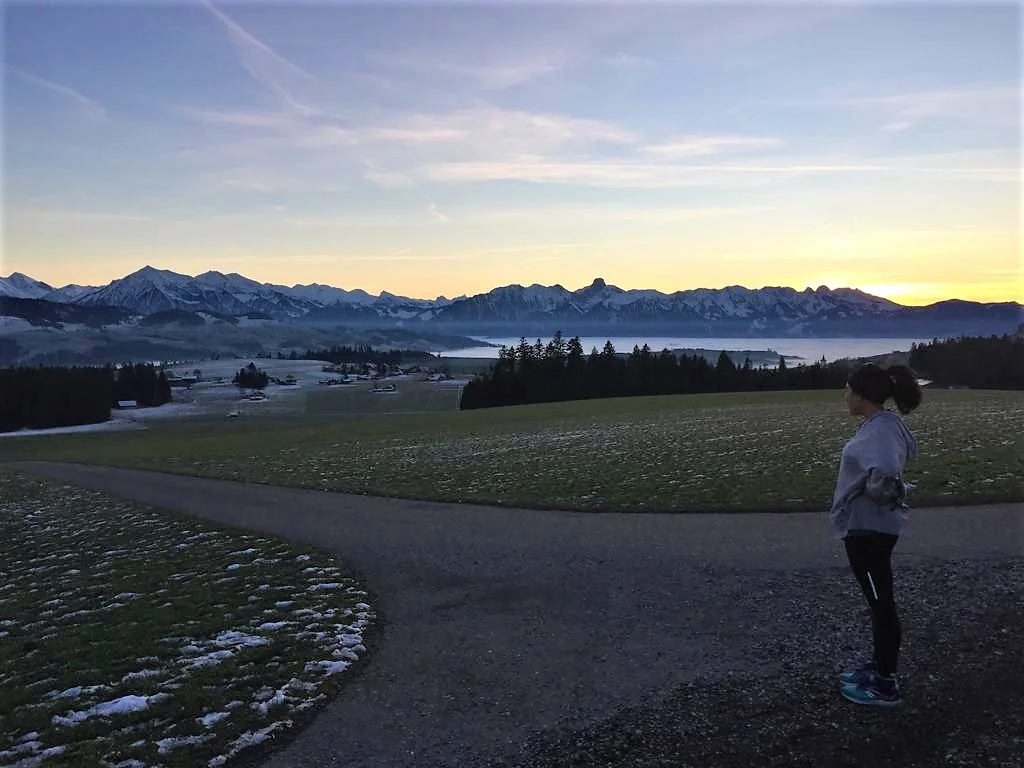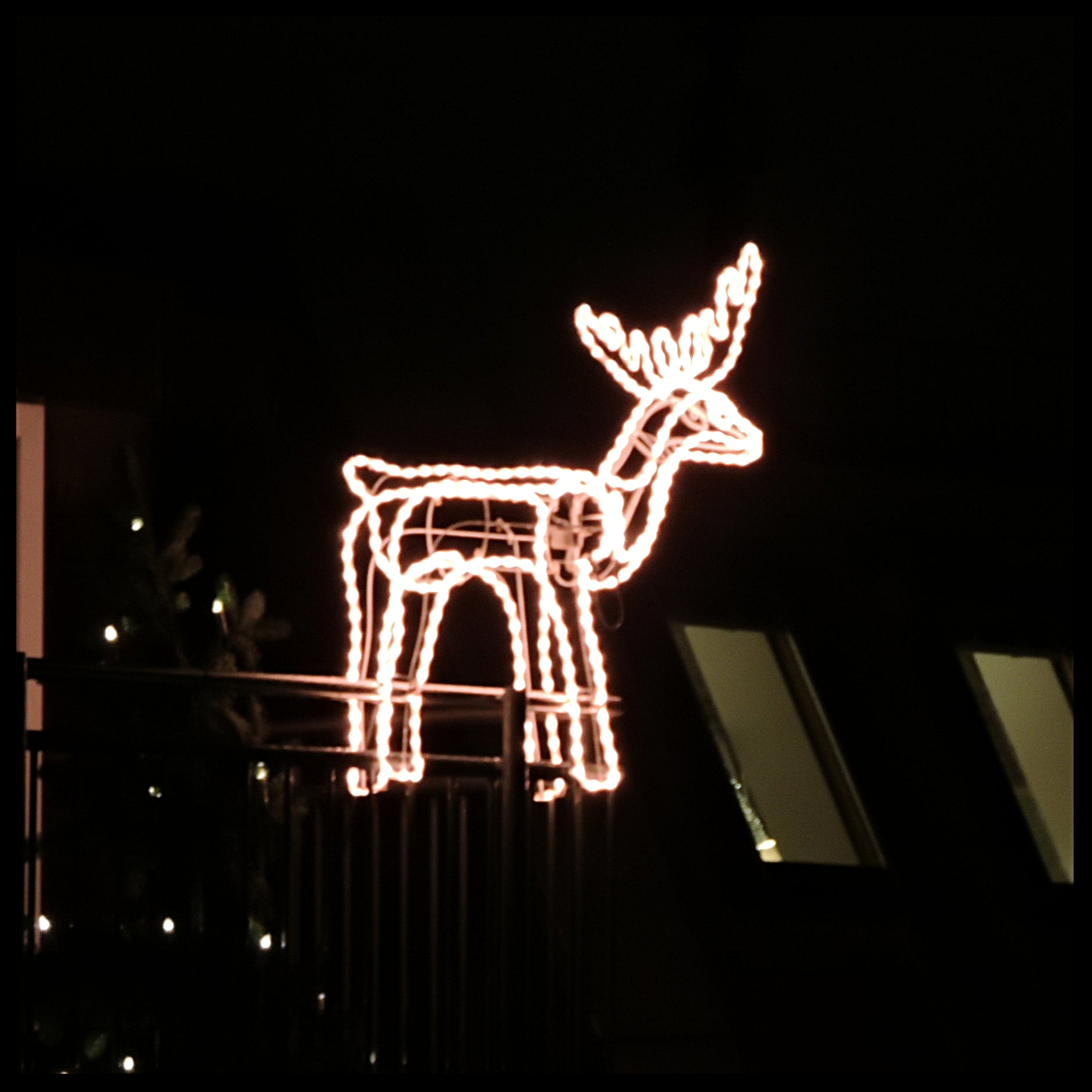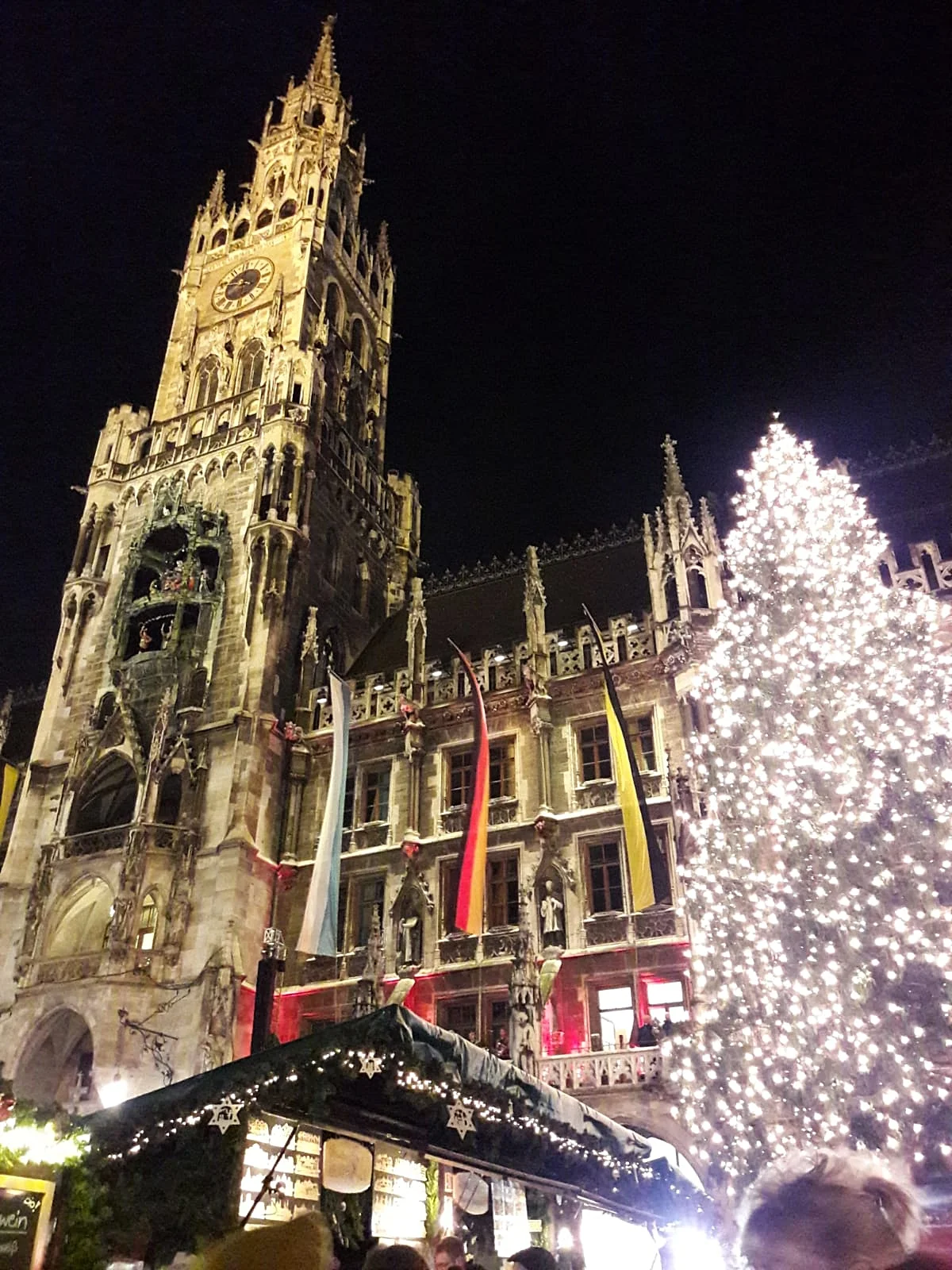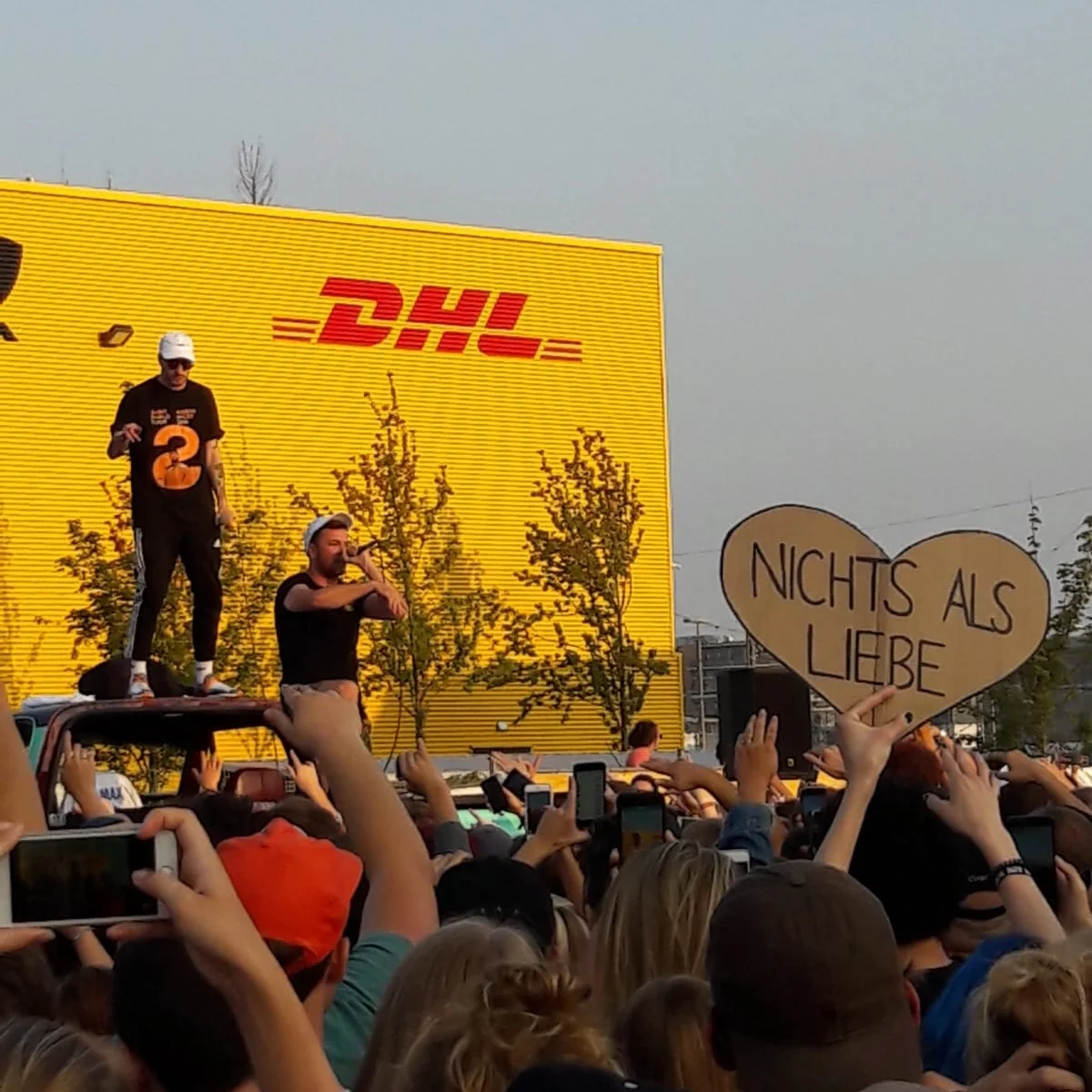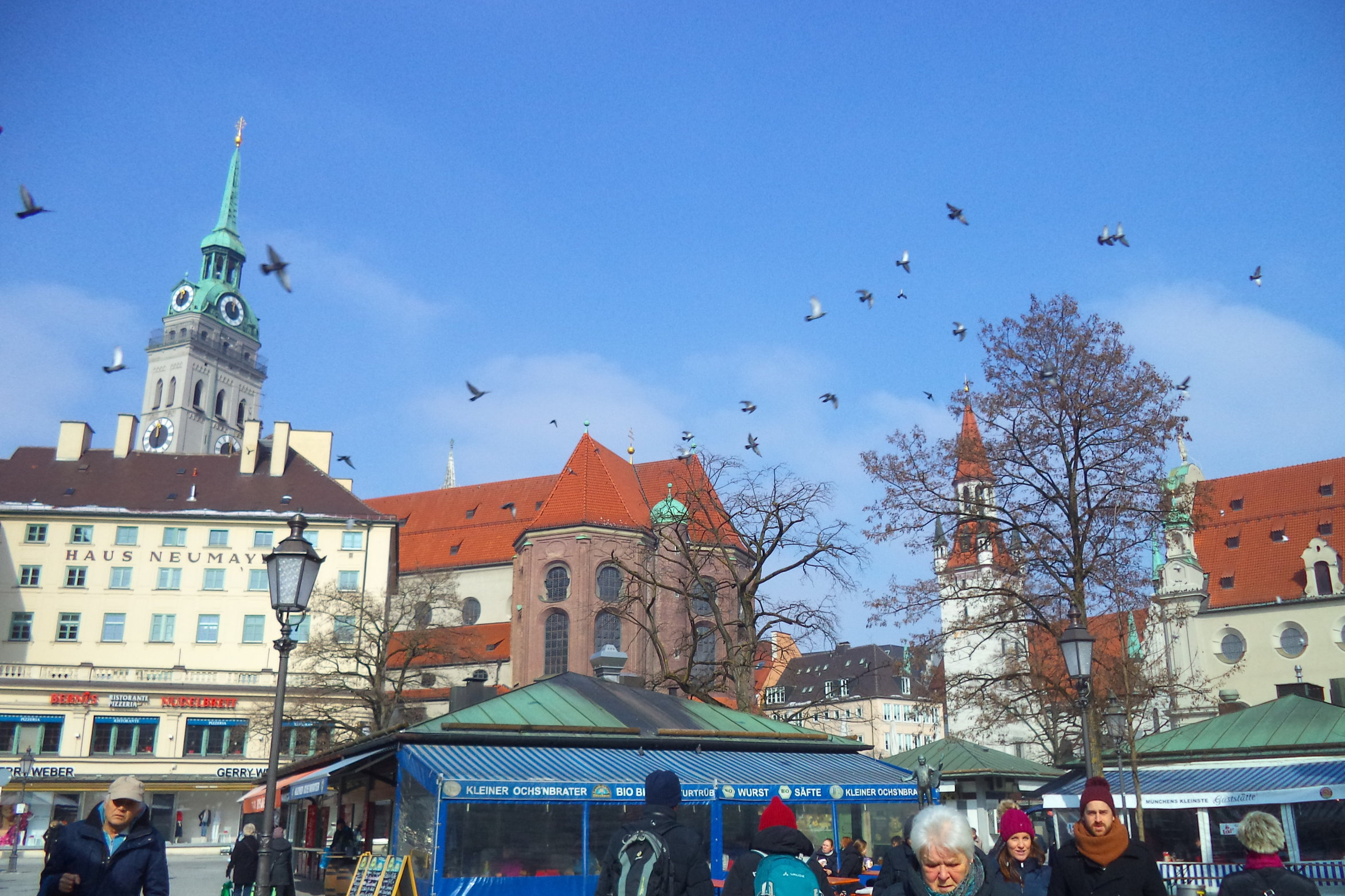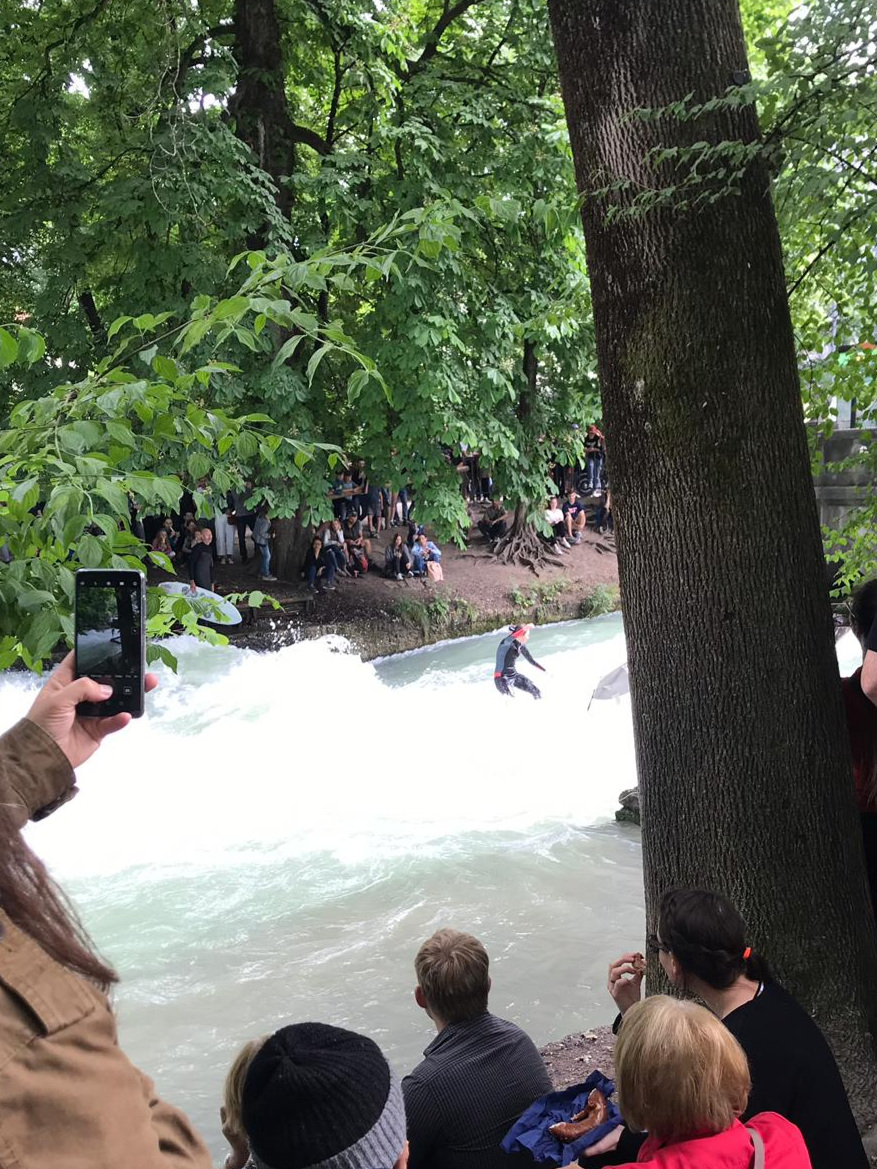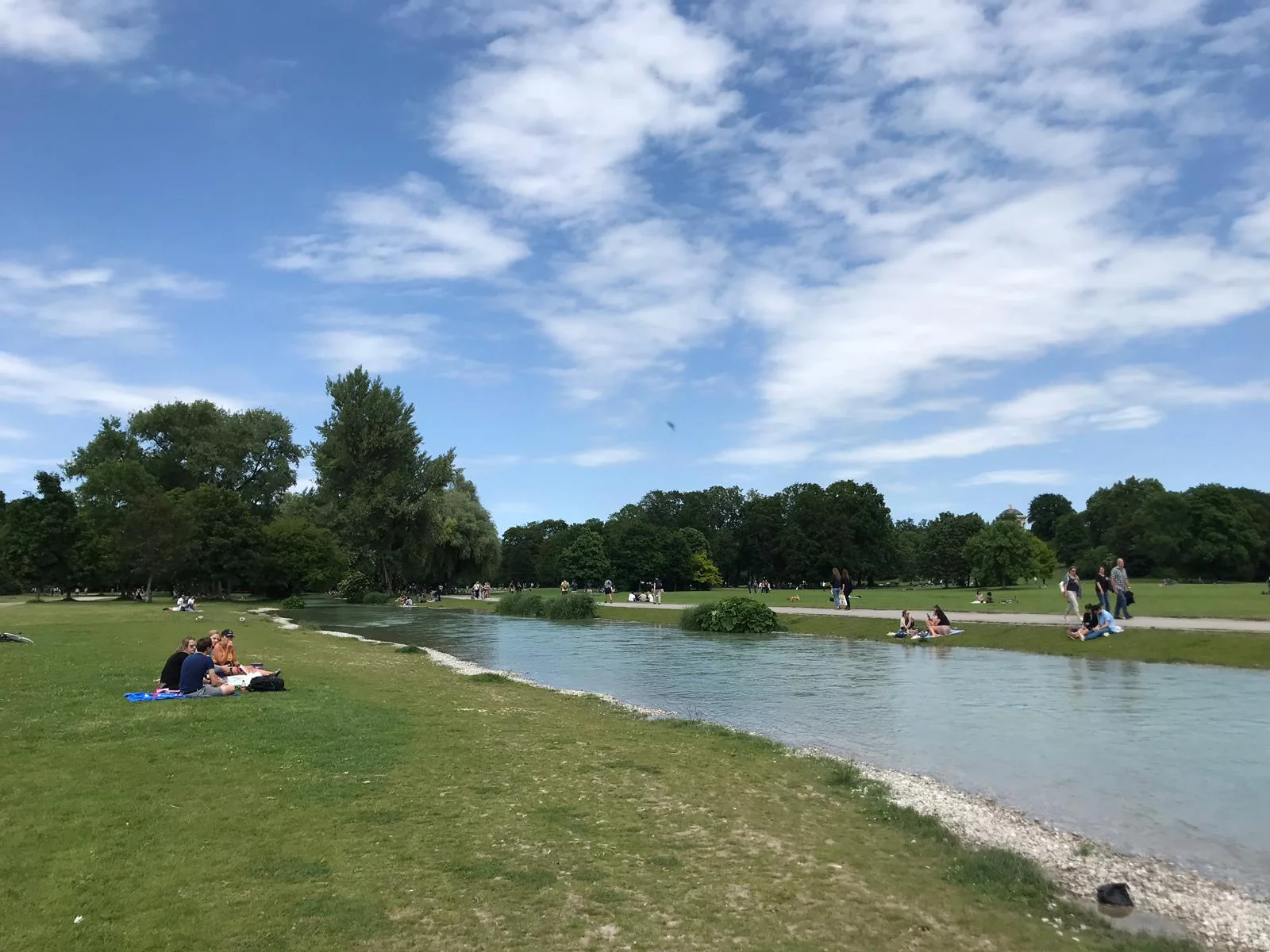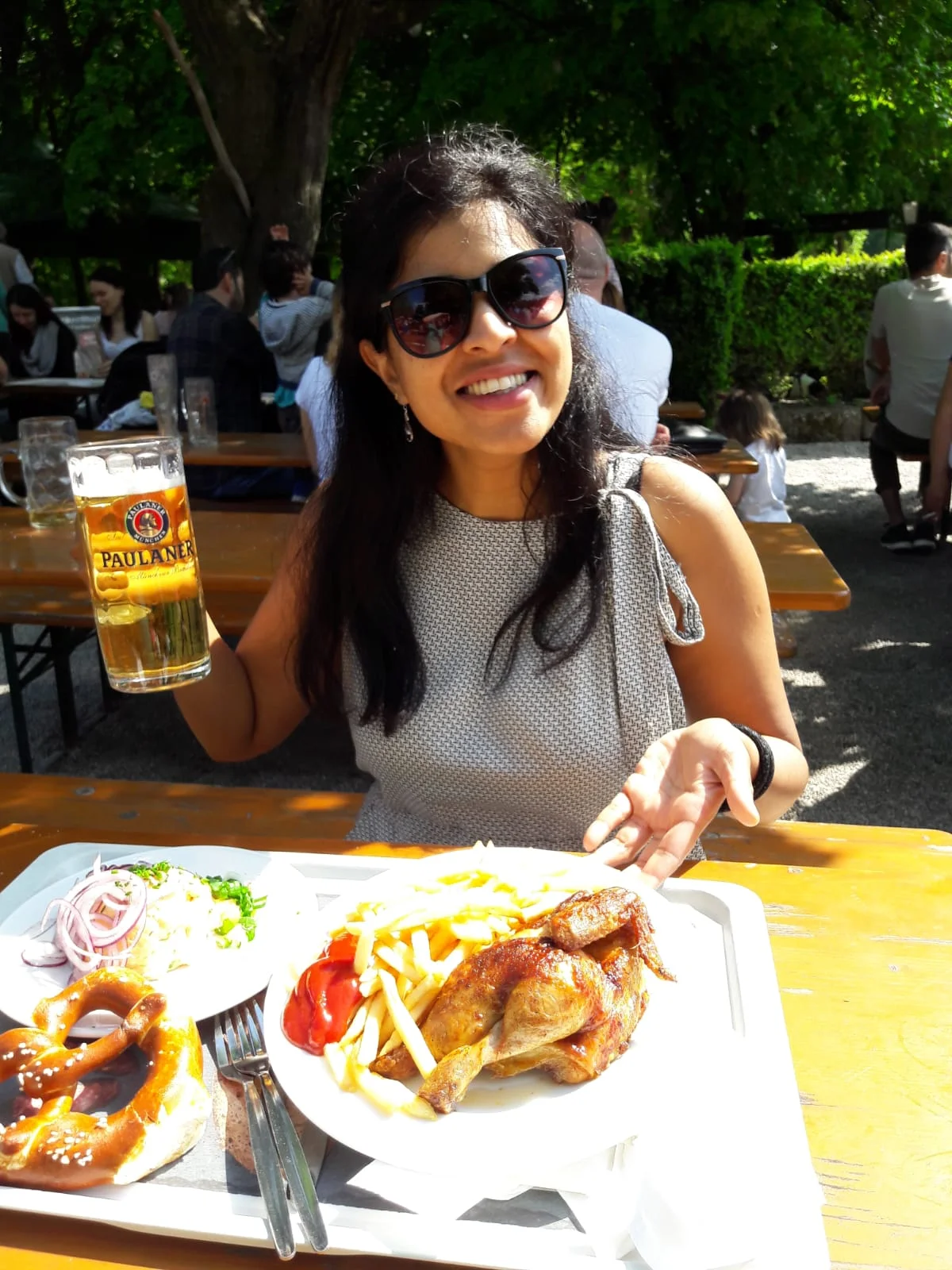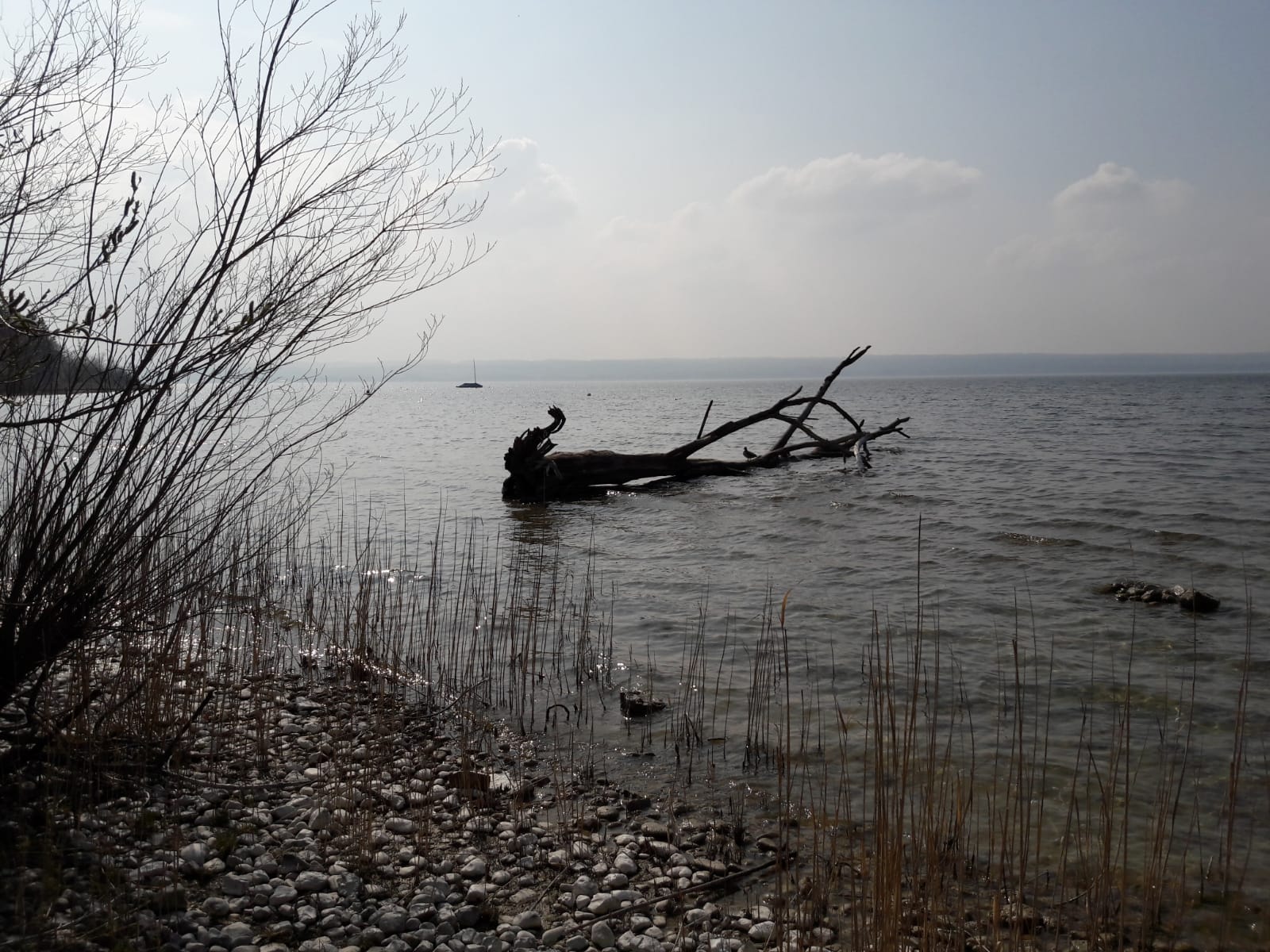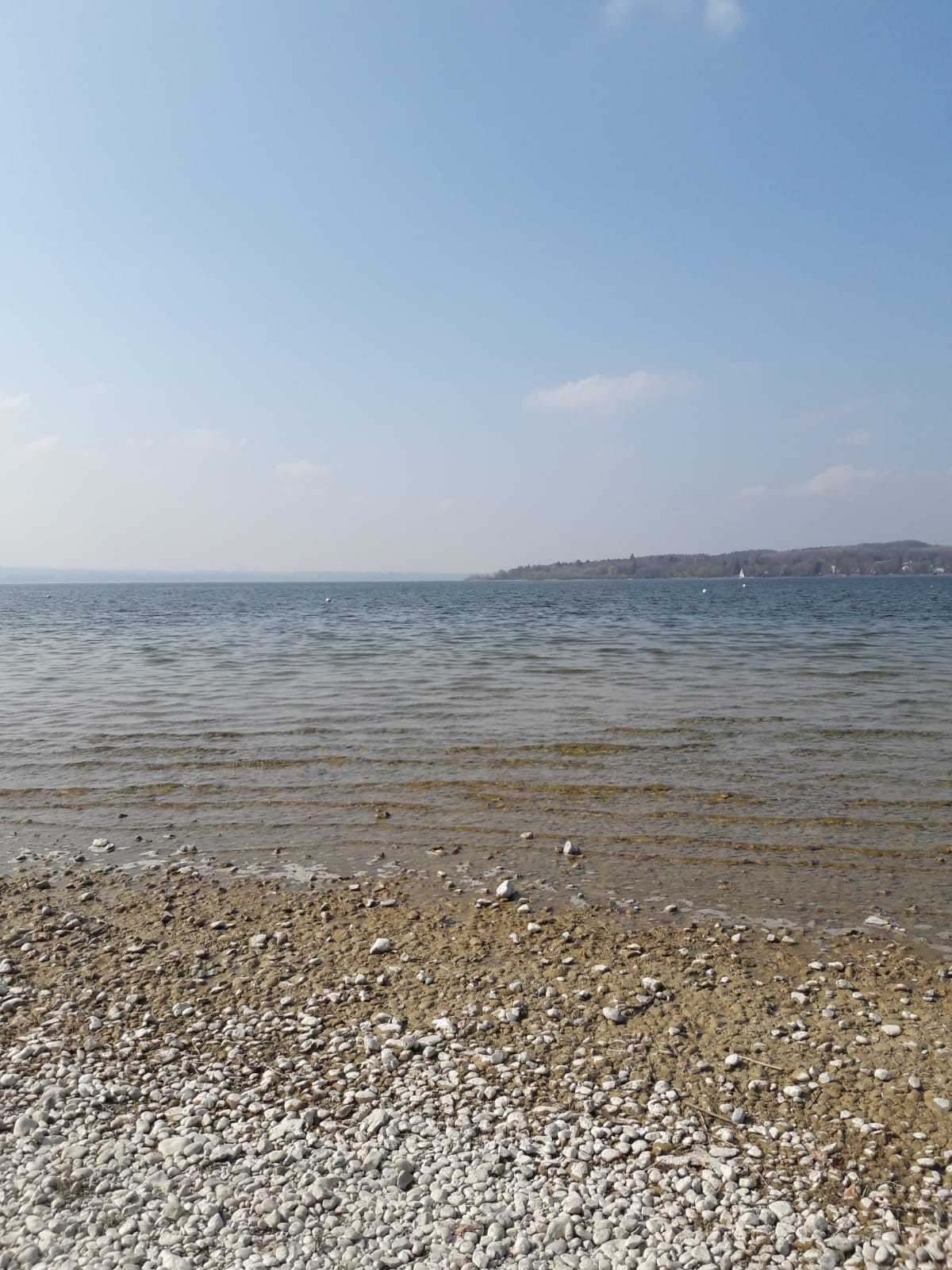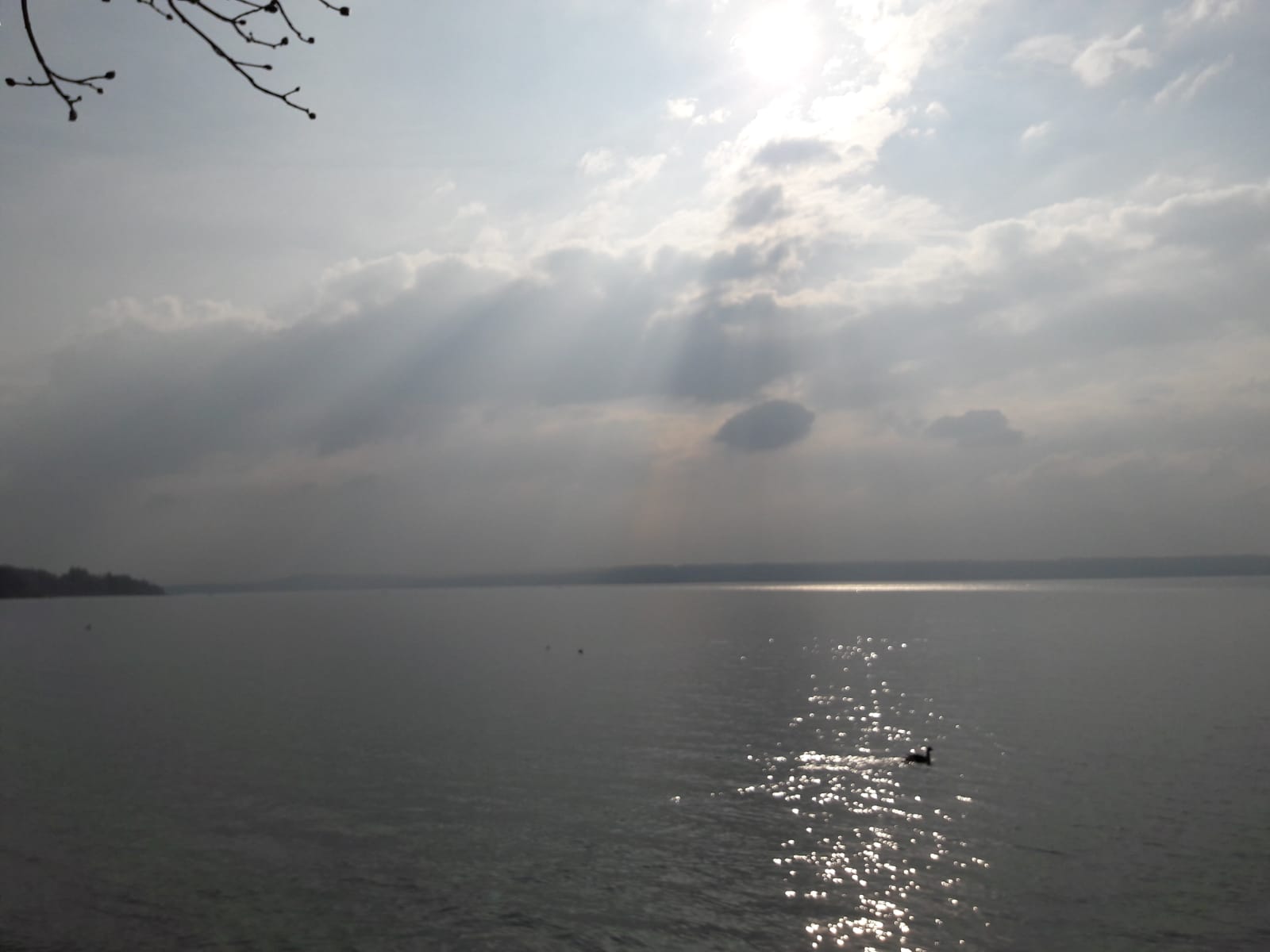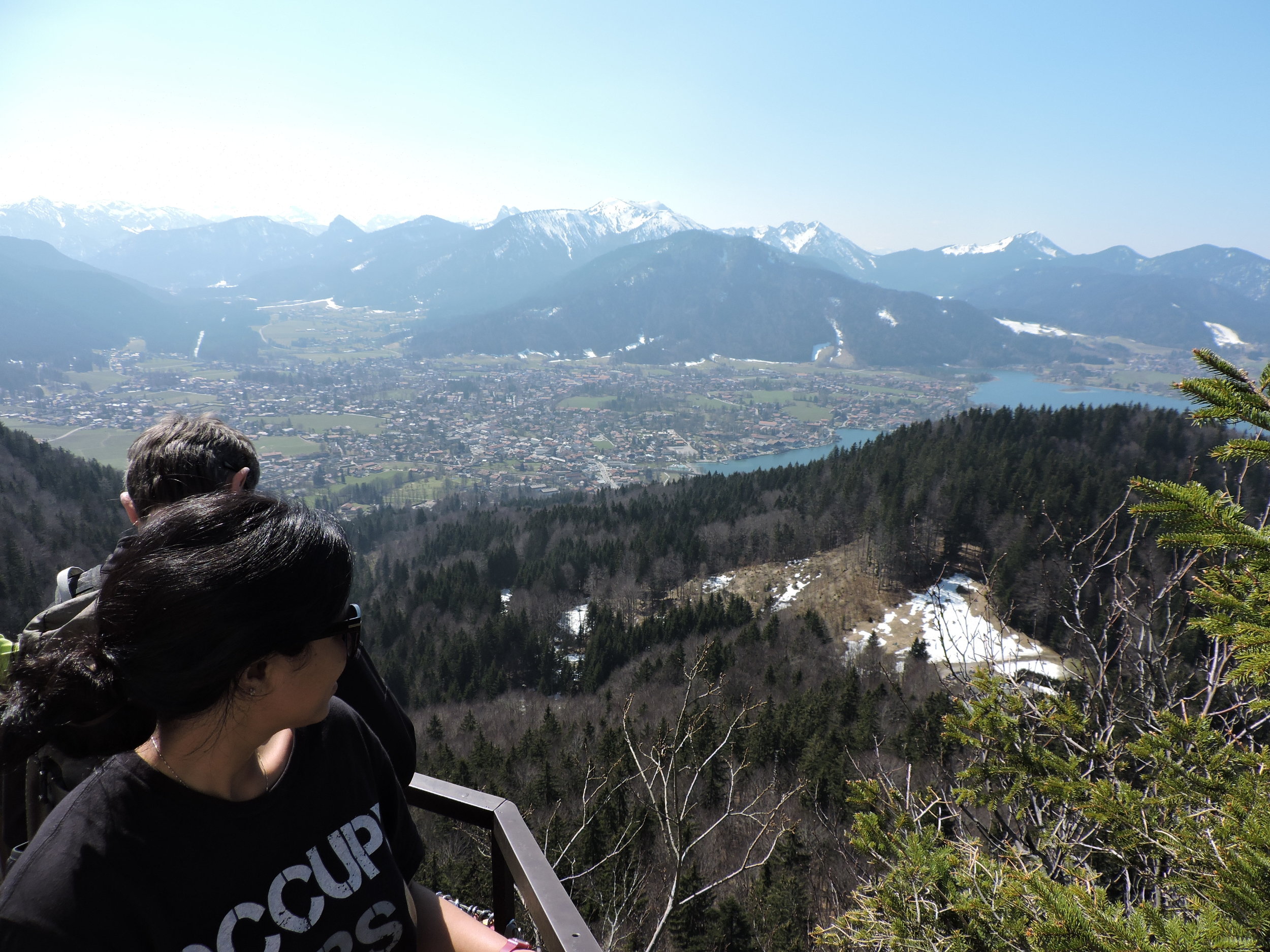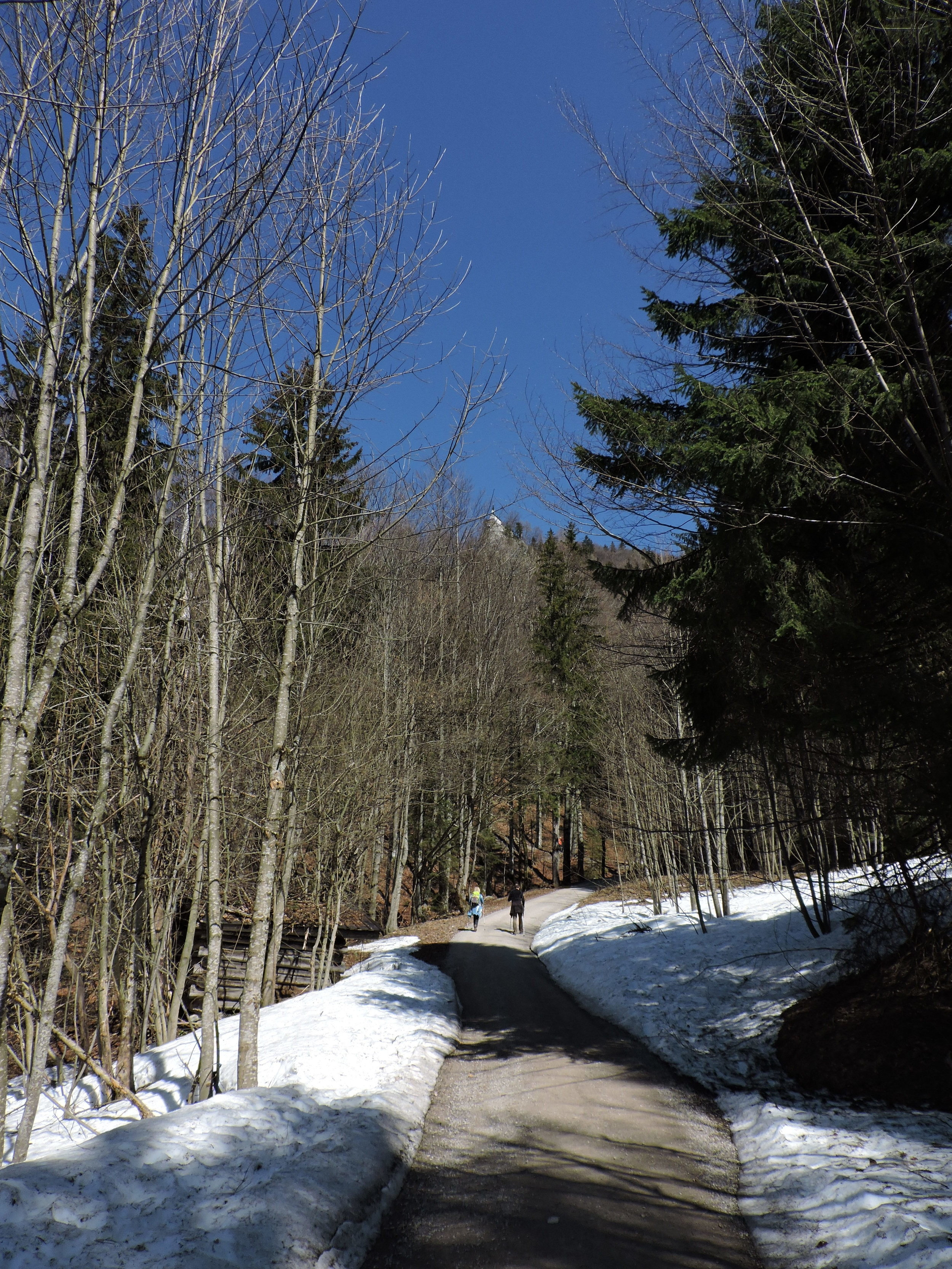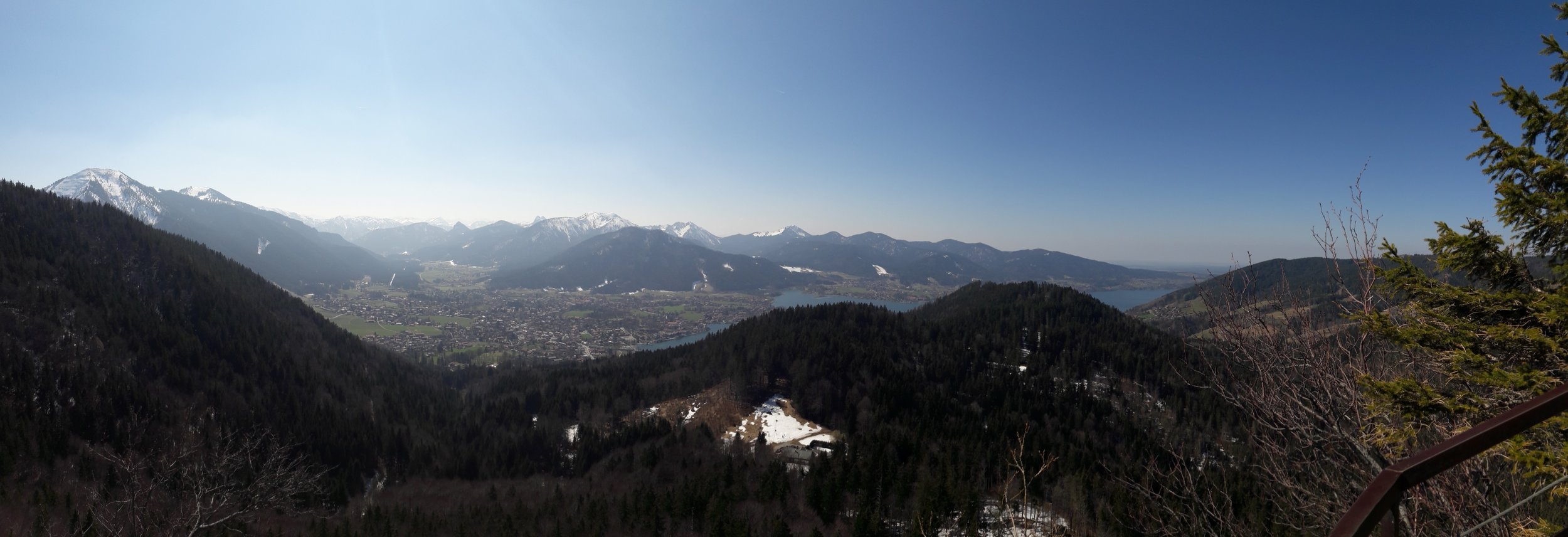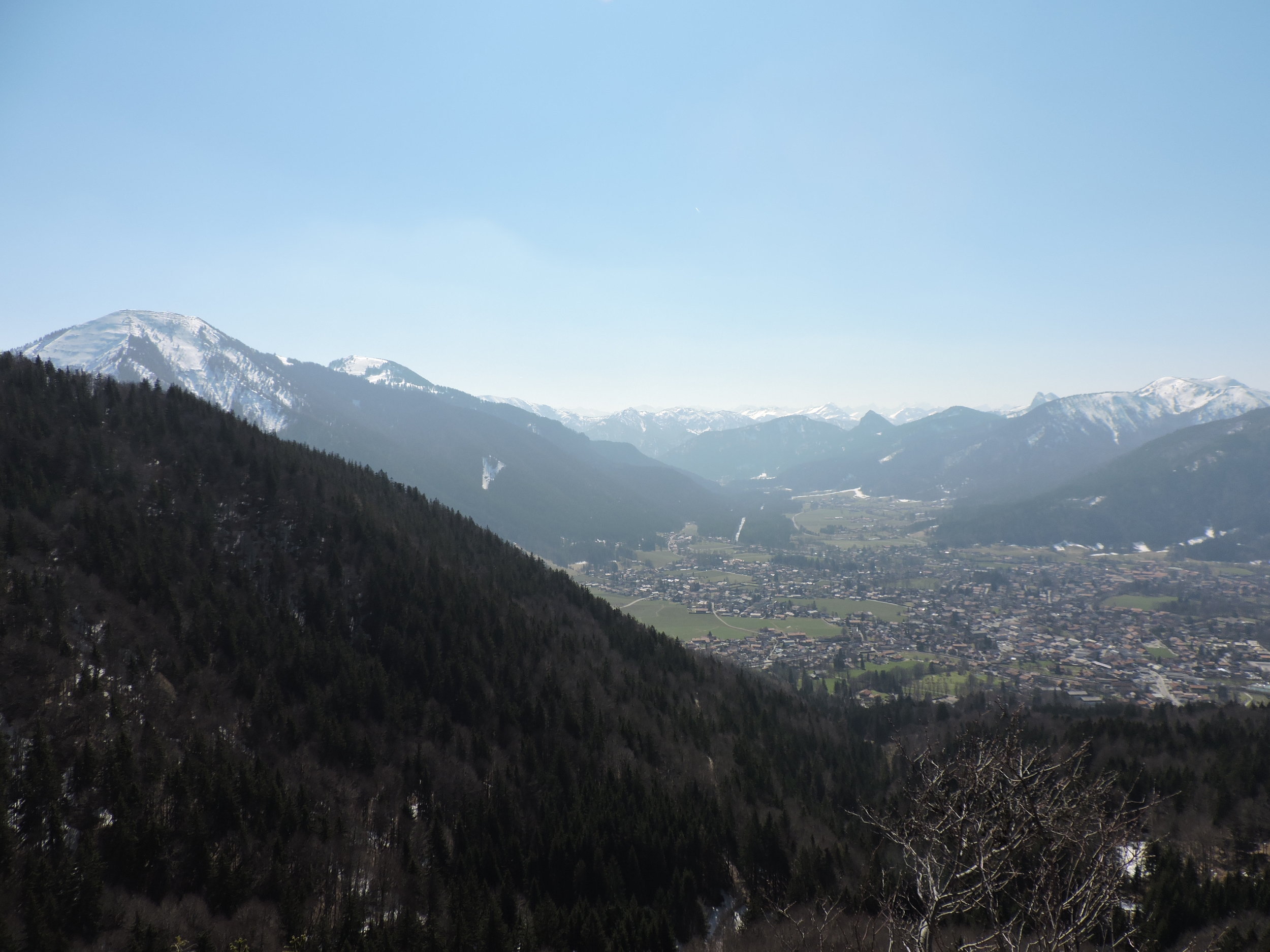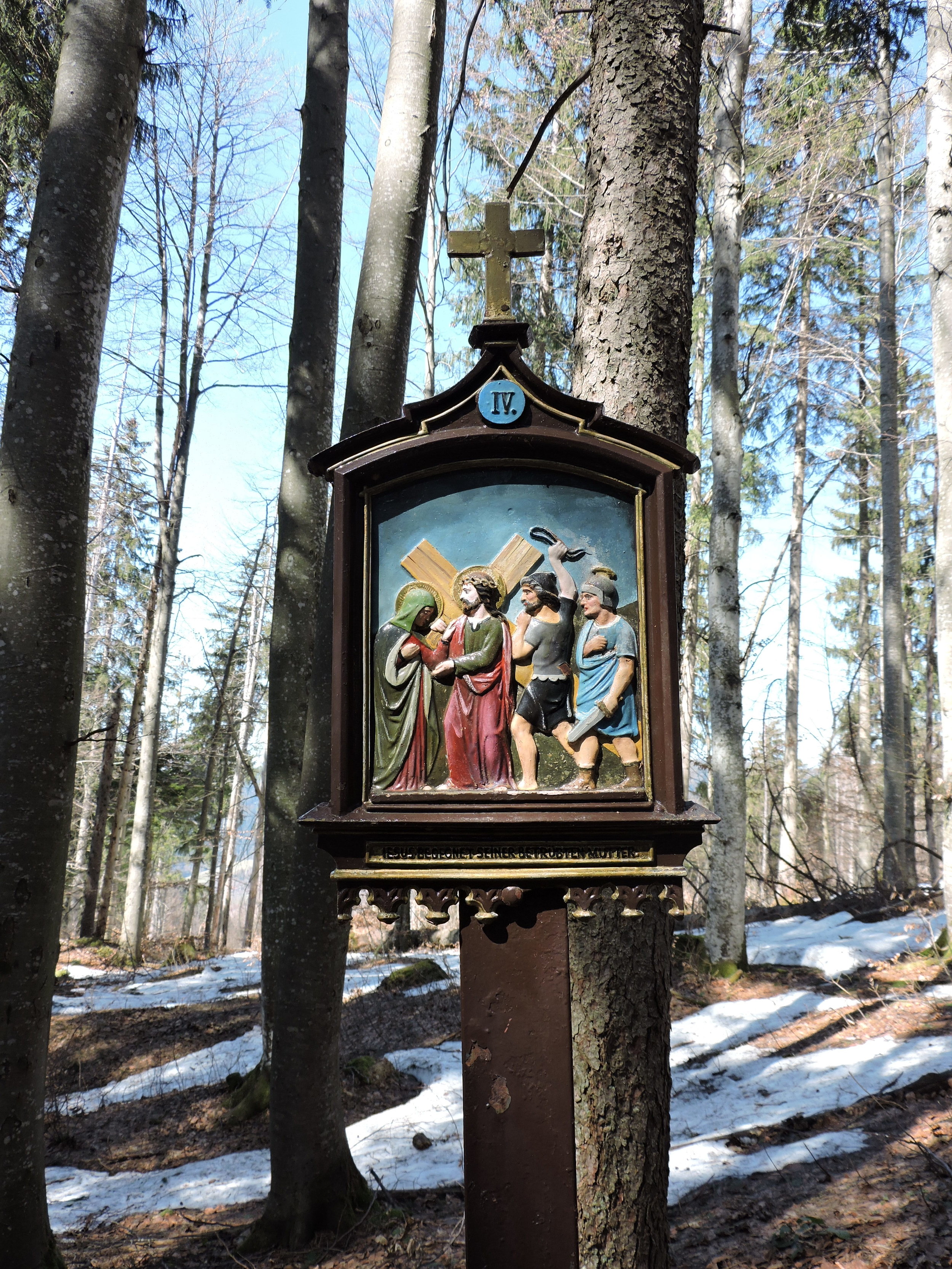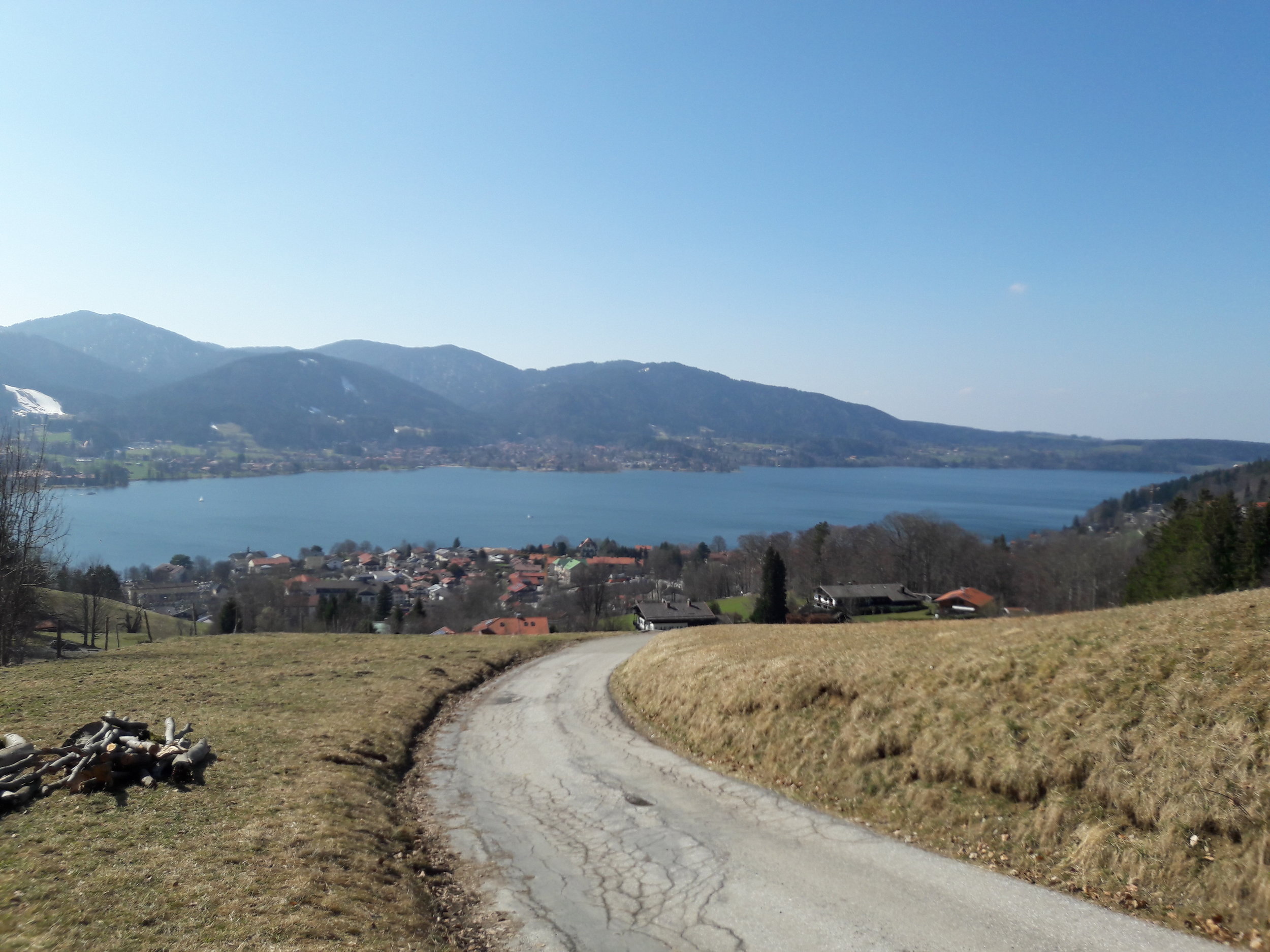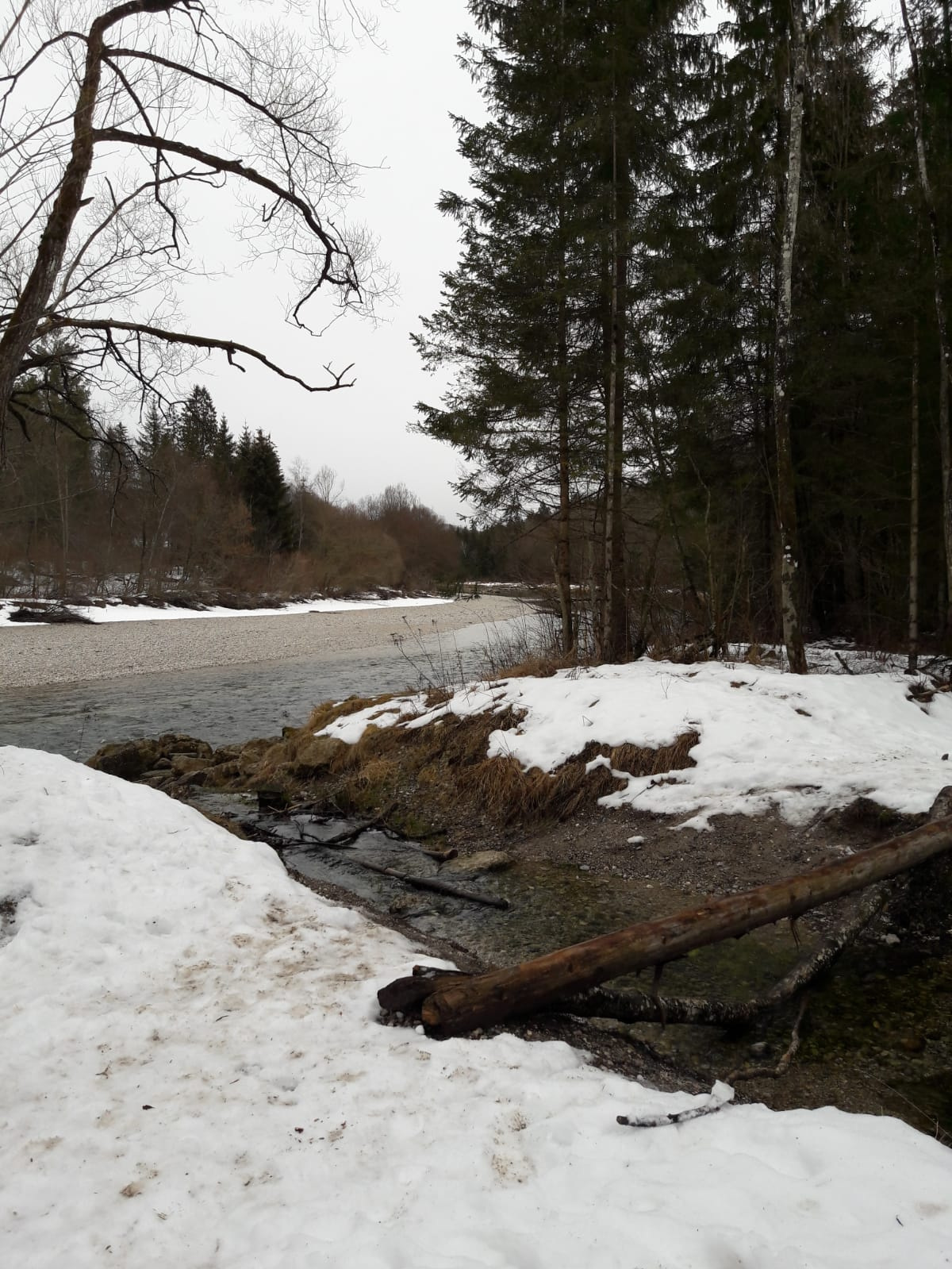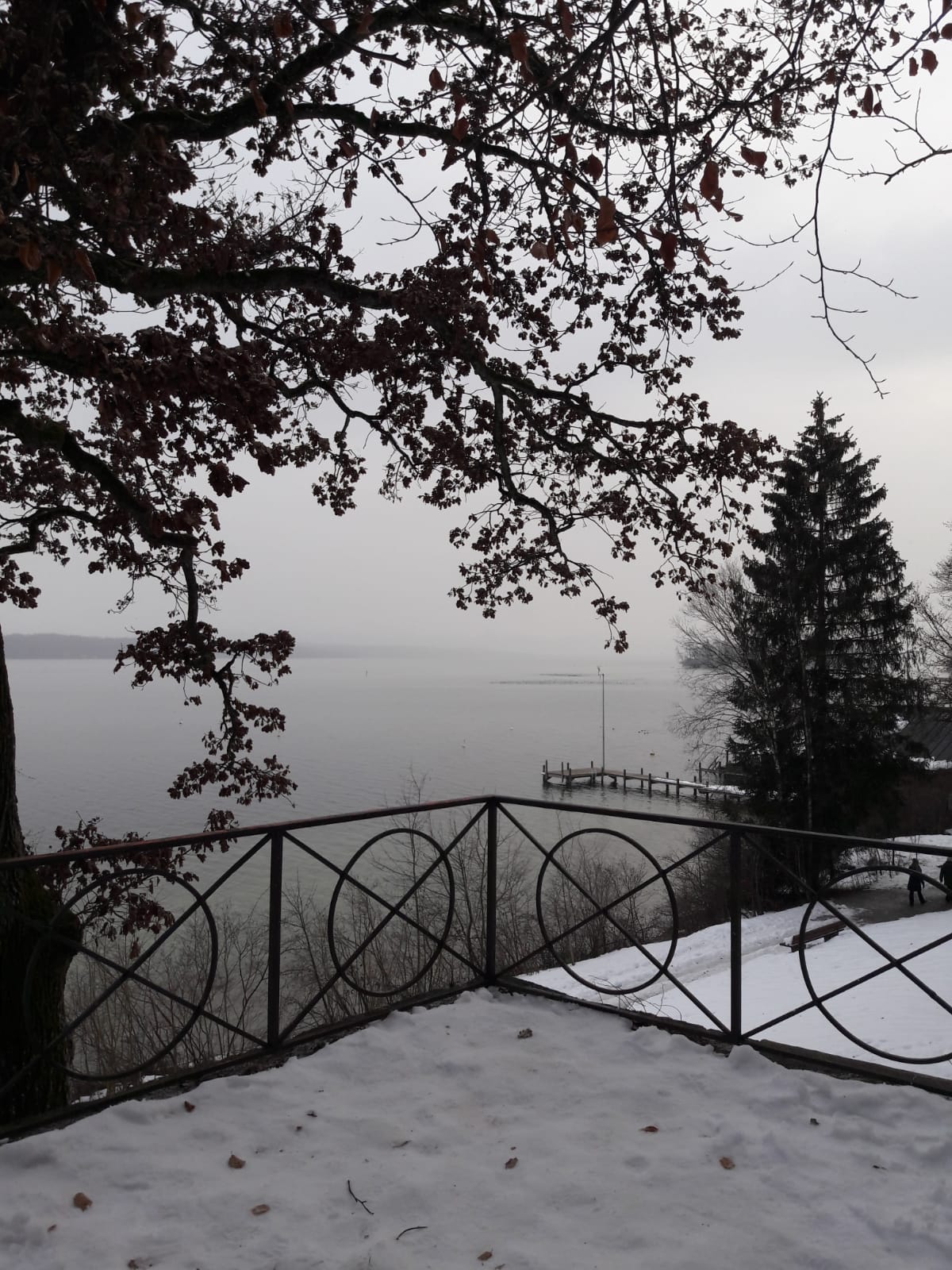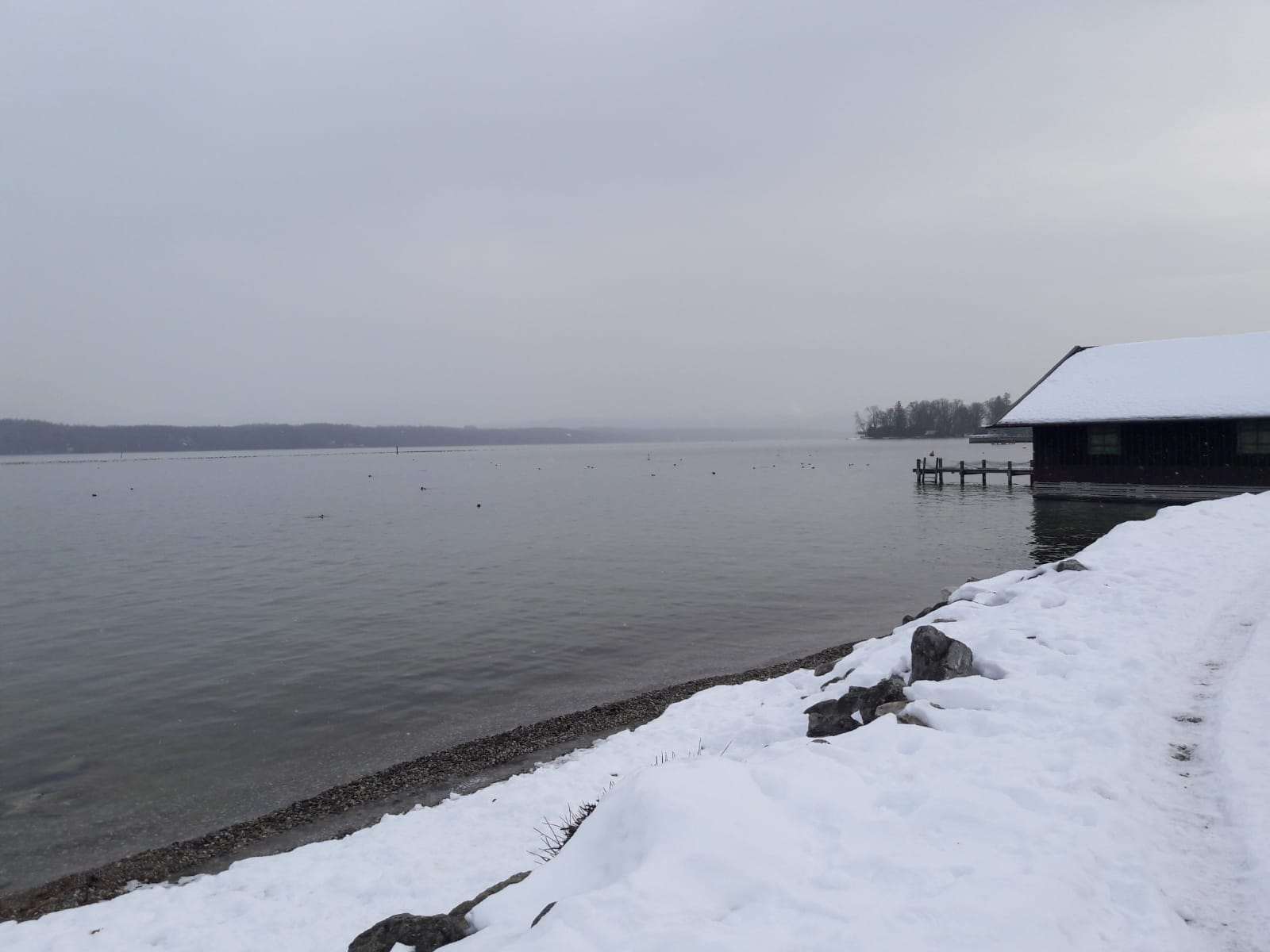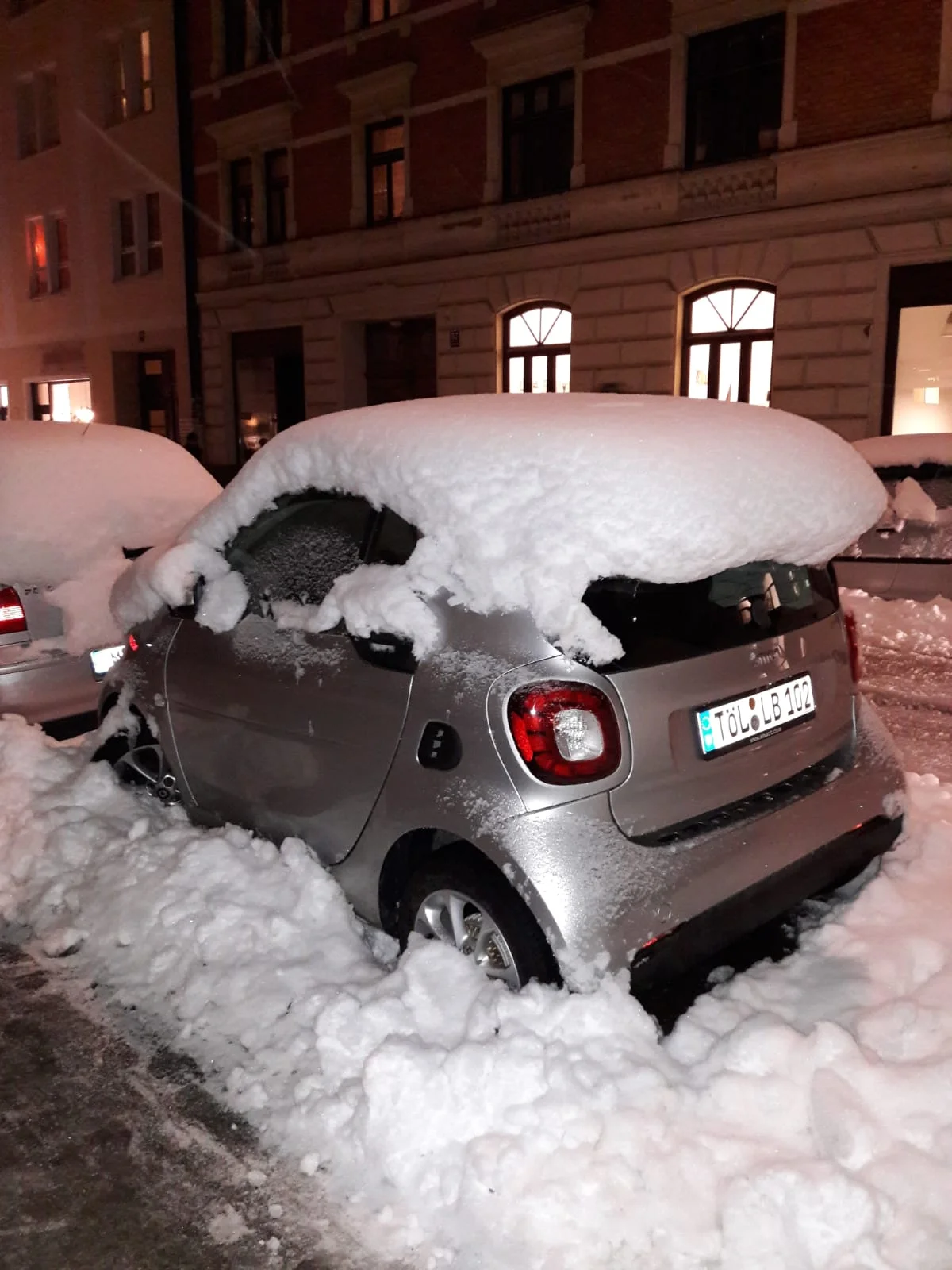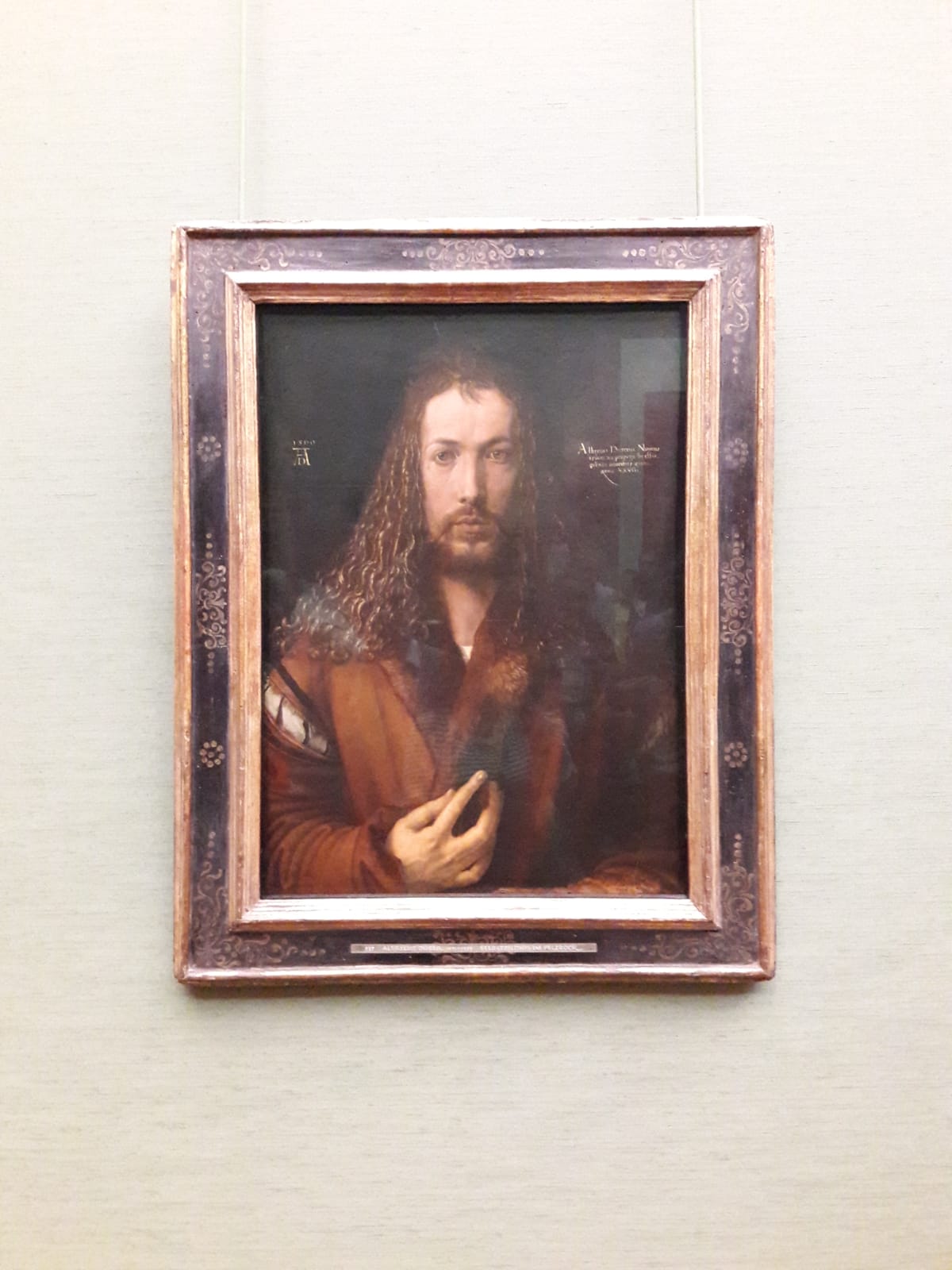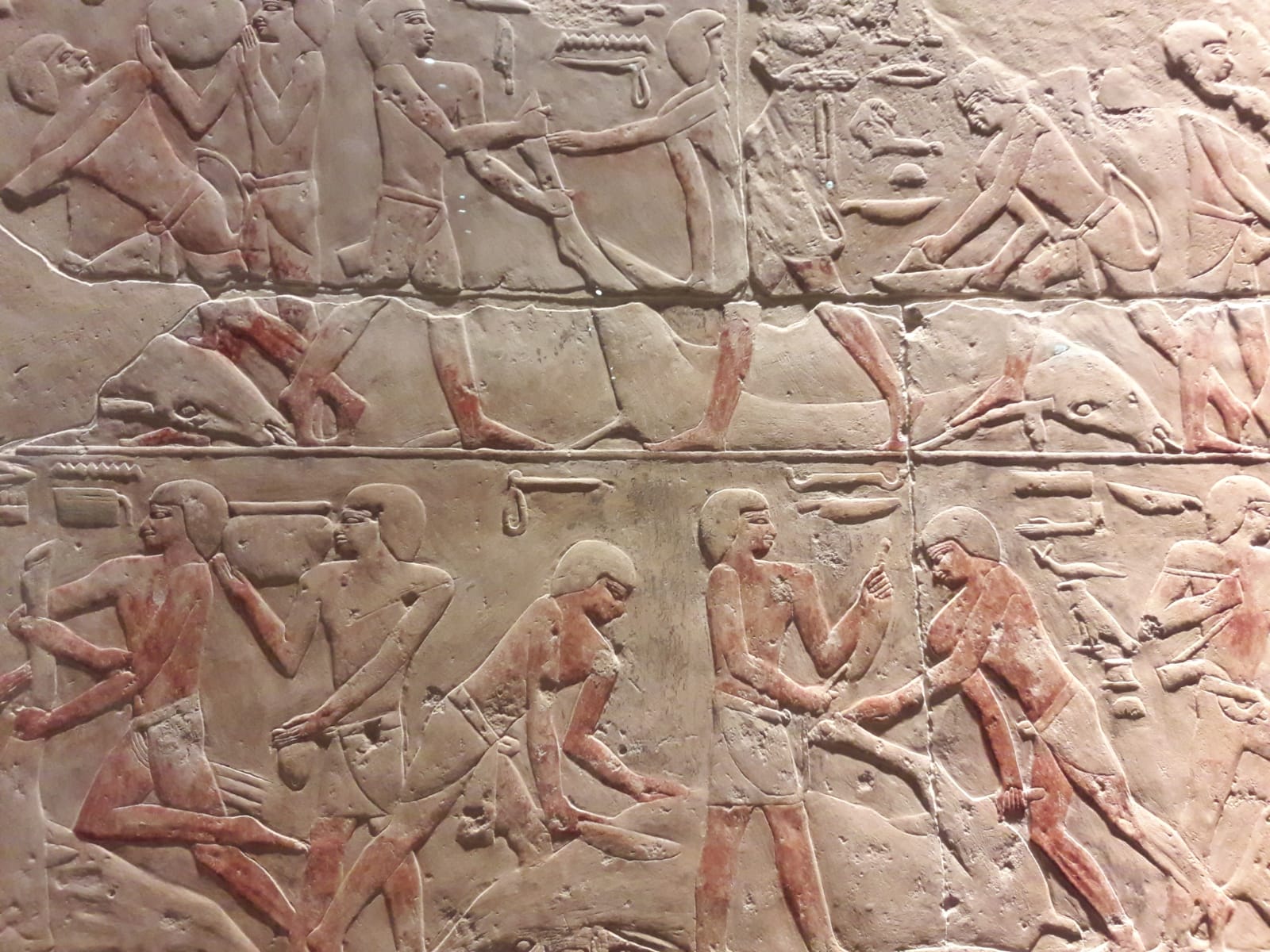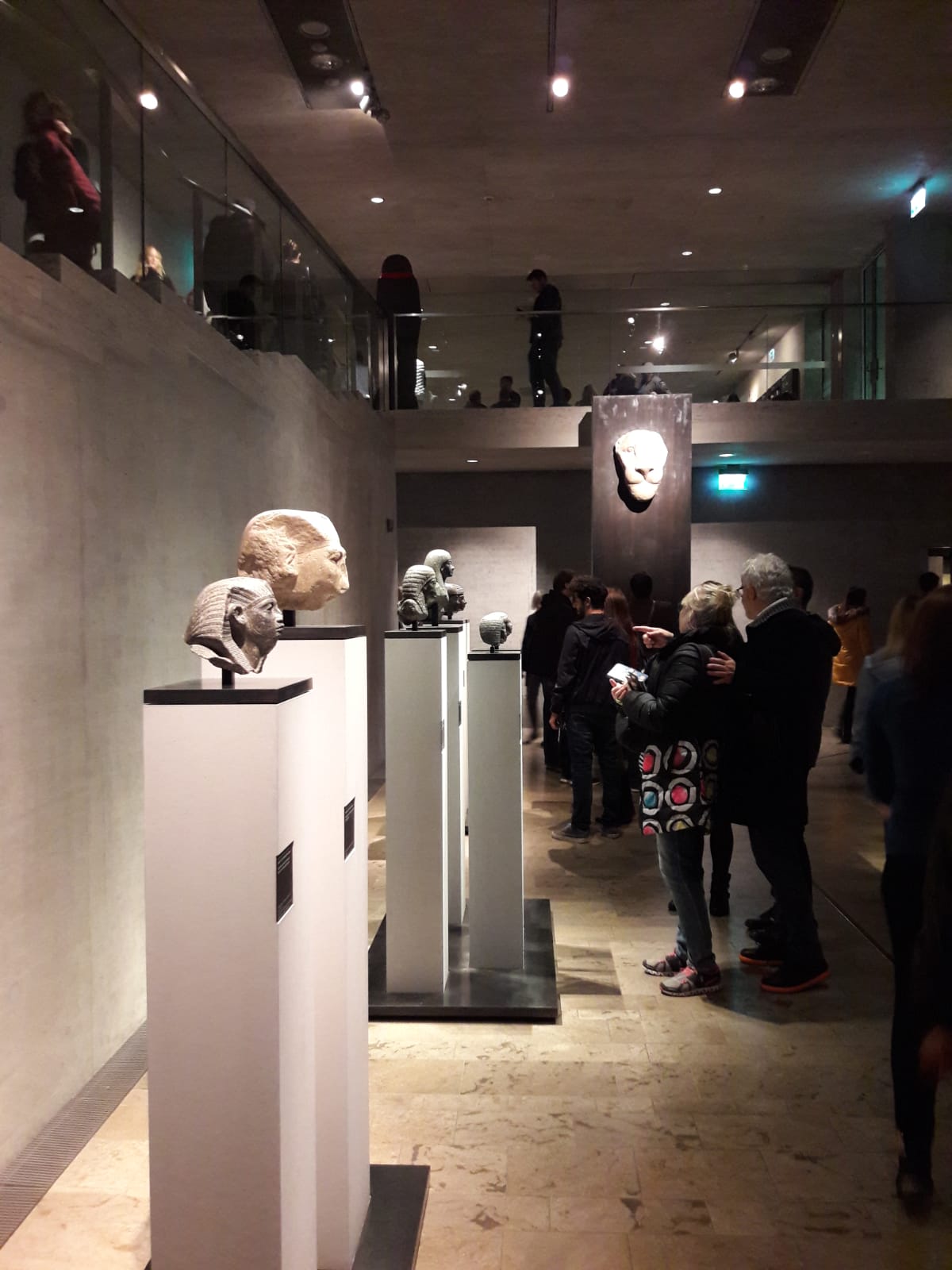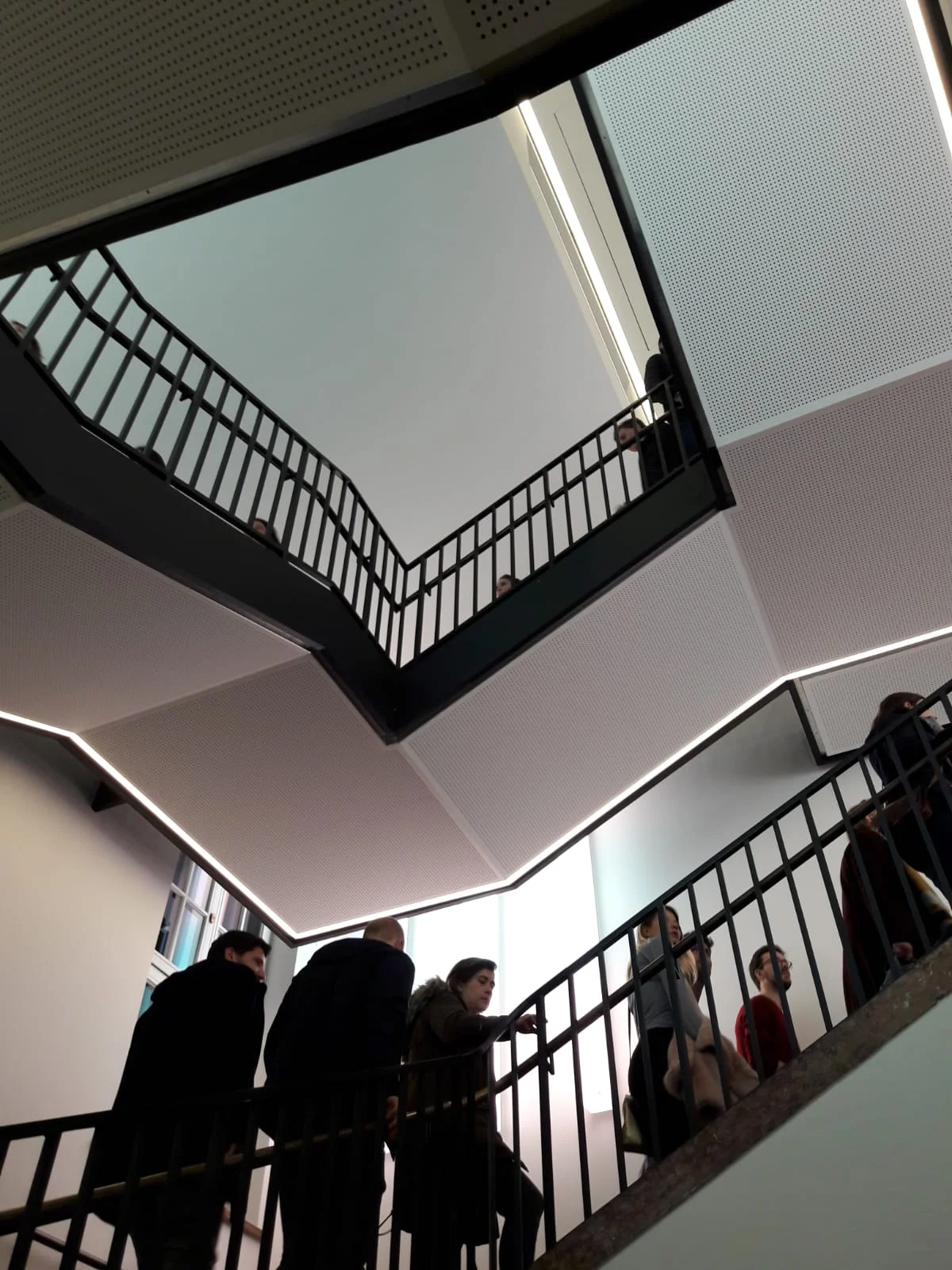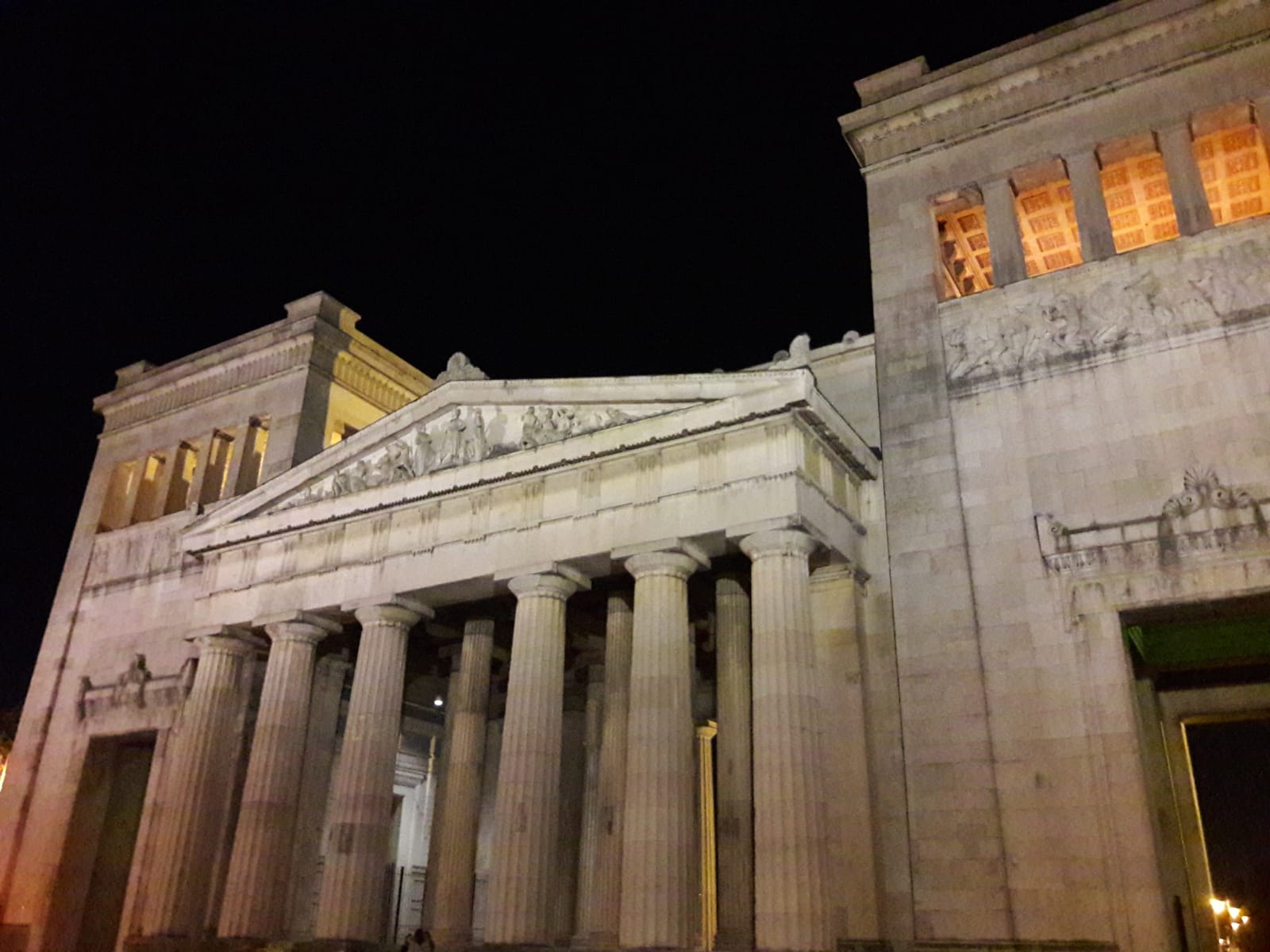The Return of the Native
/The River Wey, Godalming
No one really writes about the return, do they? The intrepid explorer goes out, has his or her hero’s journey and the story culminates with some major event: either the battle is won or the couple is wed. Sometimes the only concession as to what happens next is a token “happily ever after.” Not many stories go on to really describe what happens after the climax, how the hero comes home after the battle/wedding (sometimes one and the same thing) and then has to unpack and do several rounds of laundry.
Such is the case with travel writing.
Looking back on the “Munich Discovered” blog I realise that these 30 entries actually form a deconstructed travel journal. Over the year I wrote about events and trips in a foreign land, cataloging my experiences, some of which would seem commonplace if I were writing about them in my homeland. For example, visiting a library as I did in “The Pyramid of Distractions” (13/01/19) is ordinary enough when it is the one in your hometown that you visit every time you’re on your way to the supermarket to pick up bread and bin bags. What makes visiting a library in Munich worthy of a travel blog entry is its exoticism, its novelty and the fact that books can contain words as long as “siebenhundertsiebenundsiebzigtausendsiebenhundertsiebenundsiebzig” (the number 777 777 spelt out, which, by the way, is my new favorite number).
What does anyone care of the reality that confronts the return of the native? Does anybody really want to know of the horror of opening five months worth of letters, seeing the warnings creep up from 1st, 2nd to FINAL in ever more threatening combinations of font formatting? Probably not, but then because so much of my writing is me talking to myself and seeing as my website provider continues to charge me a monthly fee, I may as well continue the saga and relay what happened after I moved back.
It didn’t register initially. After an extended period abroad I relished home comforts, exulting in ready access to Cadbury’s Dairy Milk and conversations in the shops and on TV that I could understand without issue. Of course, such conversations often focused on the omnishambles that is British politics right now but hey, you win some, you lose some. Like many repatriates I had a period of downtime between jobs and while initially allowing me to catch up on my sleep and laundry, it also gave me time to ruminate.
What struck me most was how much I missed Munich, places and people. The Cadbury’s sugar rush receded only to be replaced by first wave nostalgia, my memories crystallising over with a rose gold tint. I missed beer and brezn and the city. I missed my usual jog along the Isar and the familiar bridges, the sights as breathtaking on the last run as they were on the first. But most of all, I missed my friends and newly forged fiancee with such a weird, profound resonance that my writing skills are unable to accurately convey the sensation.
Needless to say there were an incalculable number of things that I missed. I’ll spare you the lengthy detail.
Compounding the sense of loss and longing were the practical problems of settling back in my homeland. As mentioned, there was the backdated mail to catch up on and the accounts that had to be reestablished along with numerous other practicalities of daily life that were routine but onerous. Unhelpfully, all things that would have sweetened the transition (fiancee, friends, my favorite chocolate croissant from the Rischart bakery) seemed to be stuck in Bavaria.
So what happens next? What do you do when you find yourself in the anticlimax of a most remarkable year abroad?
You start again.
Slowly, at times painfully, you collate your task list and then when you feel able enough or the deadline is approaching, whichever comes first (in my case it is invariably the latter), you make yourself a cup of tea and face it down. You call the number on the FINAL warning letter and plead your case and are surprised when the lovely Anna, understands the situation and reverses the action. You visit 11 flats in the hottest recorded weather of British summertime and eventually agree on a let. You are repeatedly thwarted in your attempt to schedule a last minute visit to the continent to see your partner but eventually secure a flight that gets you there.
And you start again.
You find new things to enjoy. You read the latest bestseller from Ian McEwan and catch up on the genius that is Fleabag on BBC iPlayer. You also fall back on the familiar, taking joy in English strawberries and an old jogging route along the River Wey. These pleasures predate brezn and the Isar run but are no less gratifying. And finally you share the transition, the good, the bad and the hard bits, with loved ones both home and abroad. A call, a Facetime, a text, all to let you know that you are not alone in facing this new start, this old ground and that you are missed just as you miss them.
And without realising it, you find you have already started.



